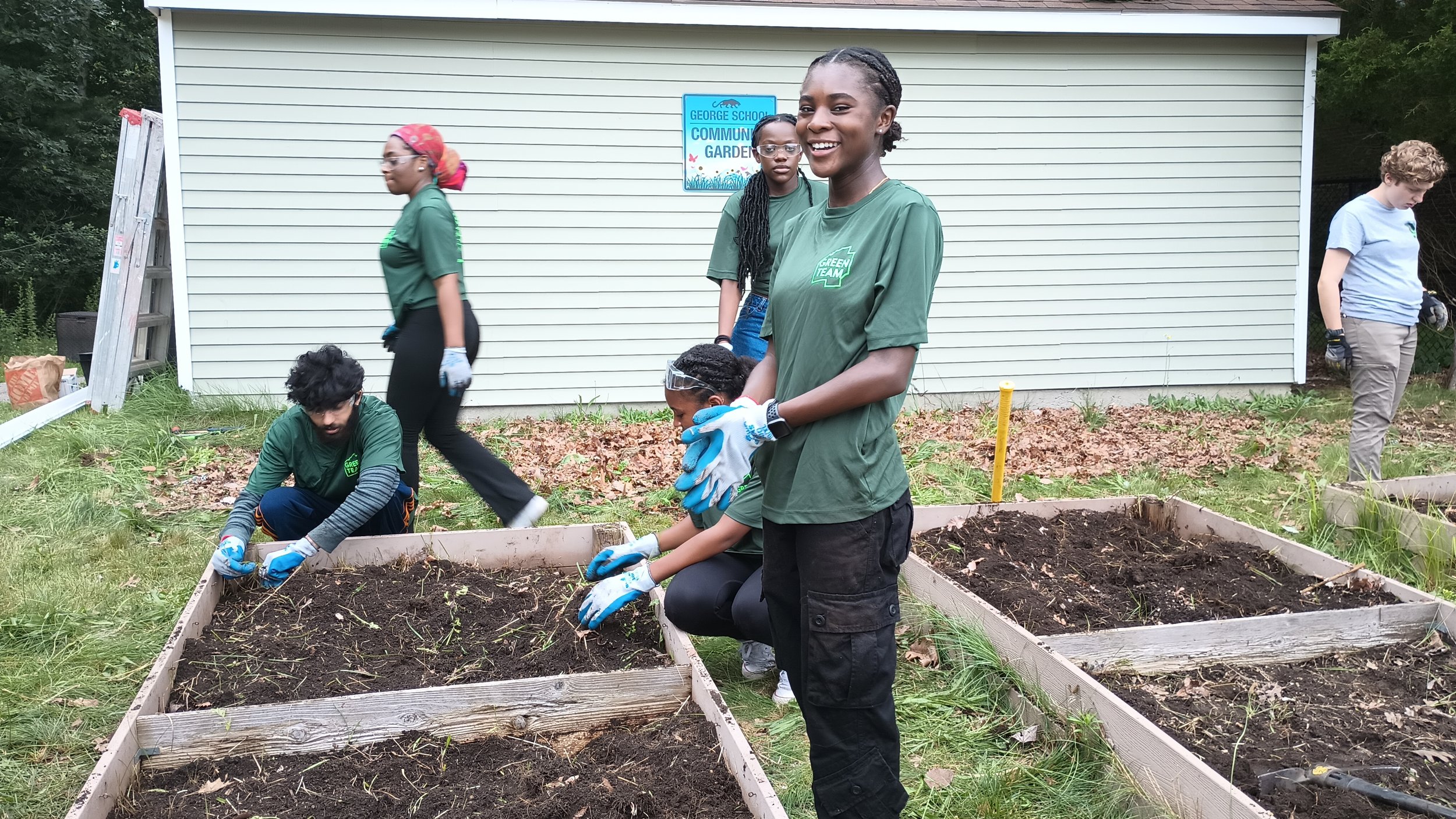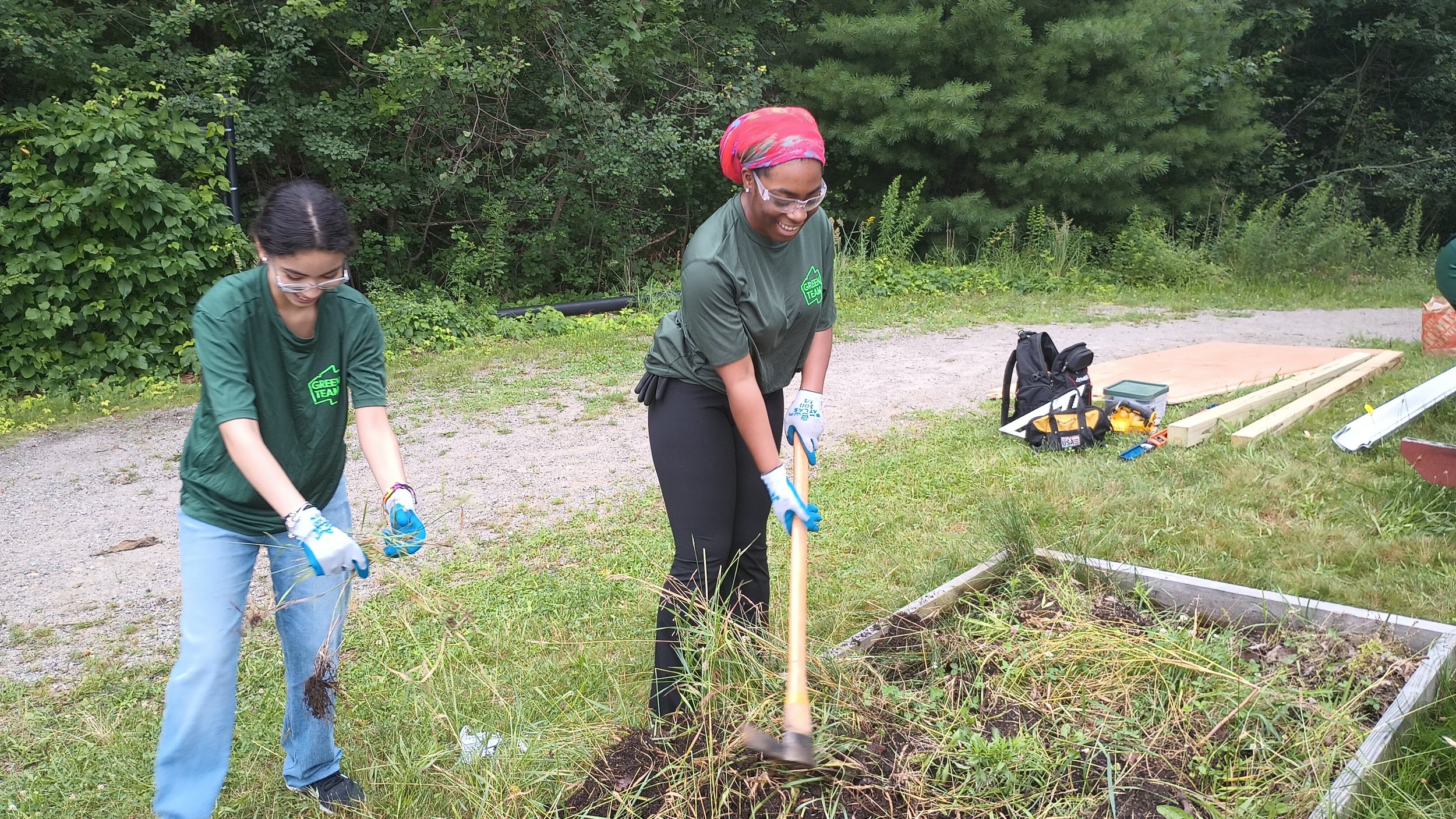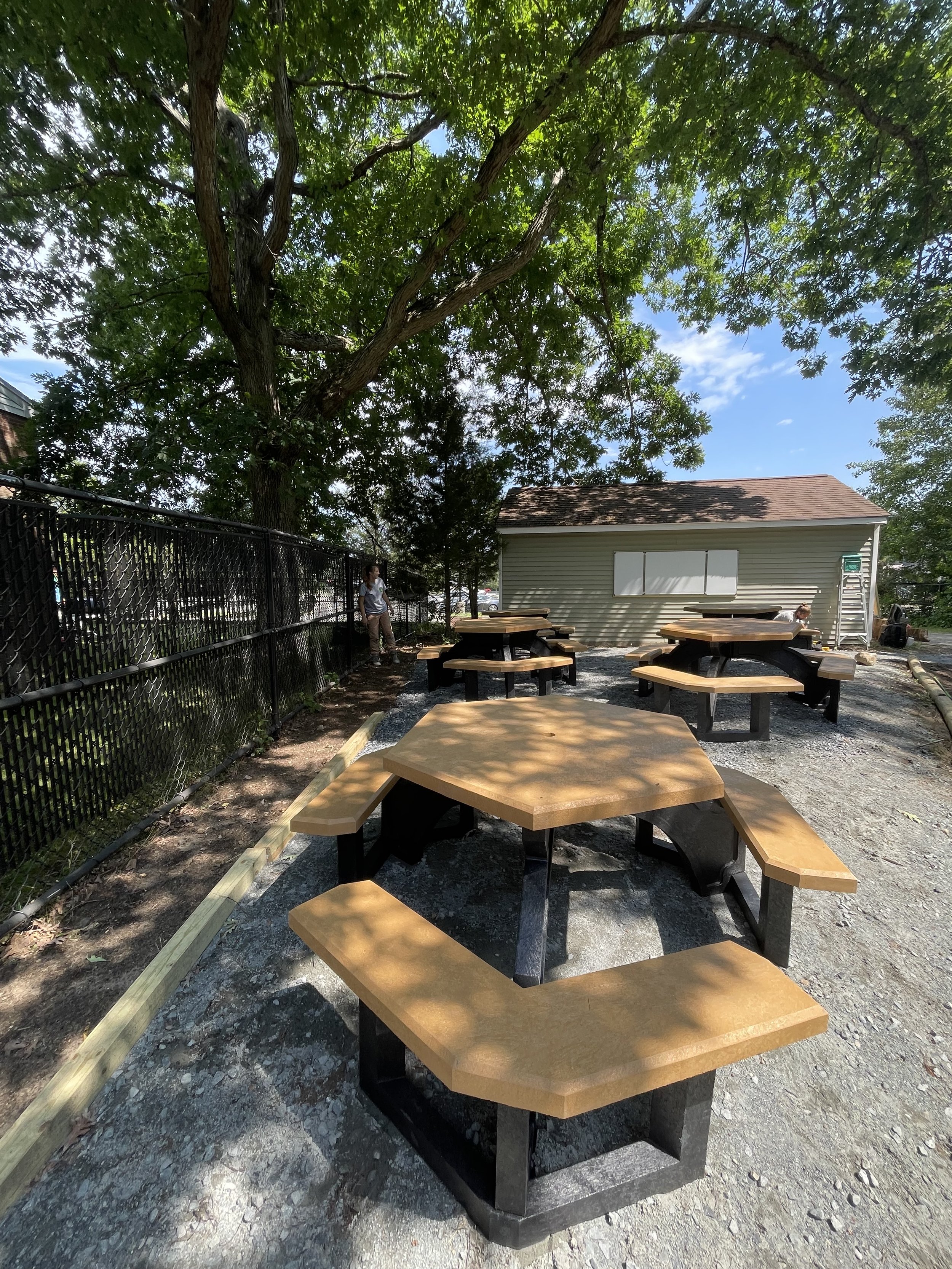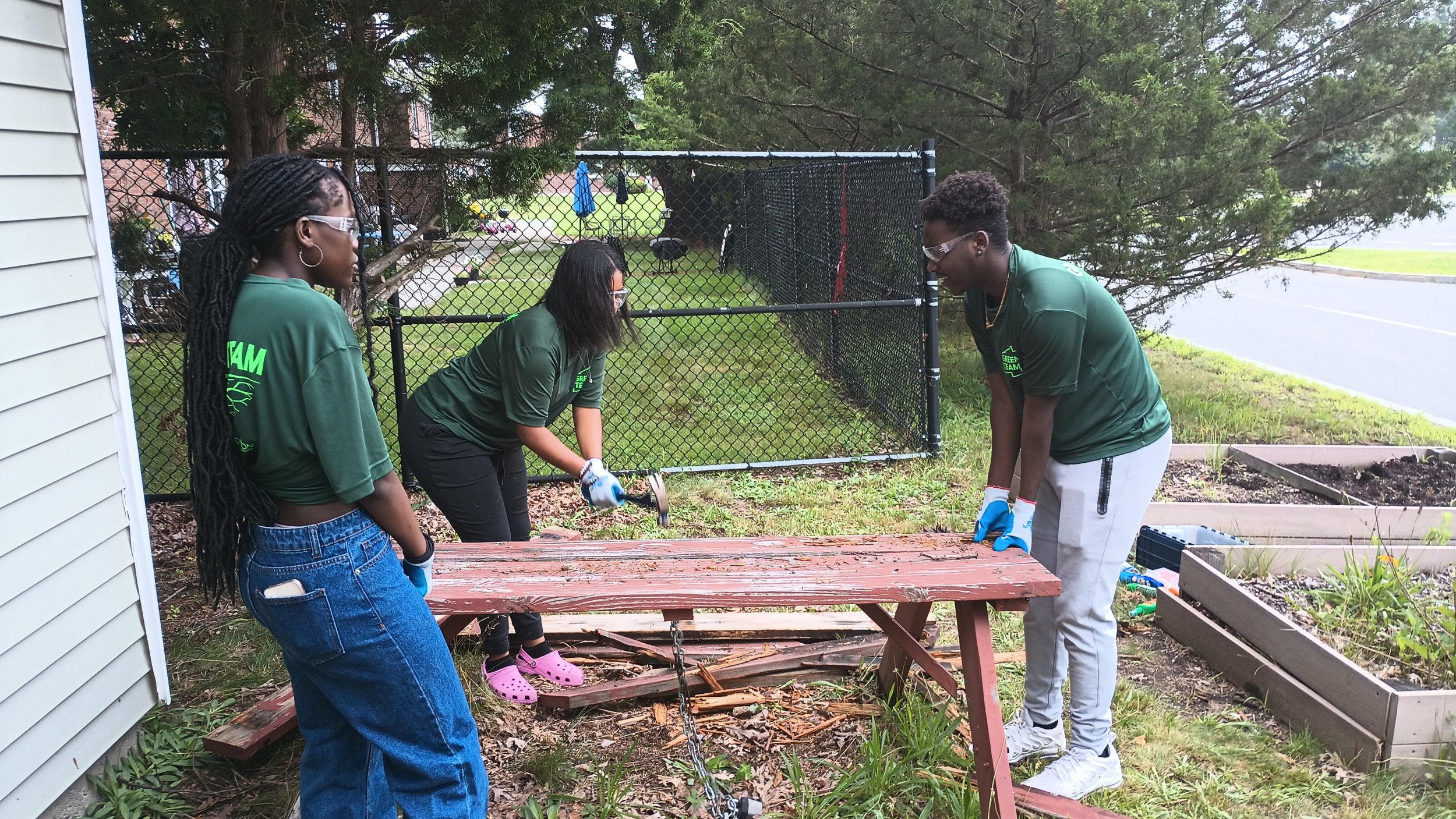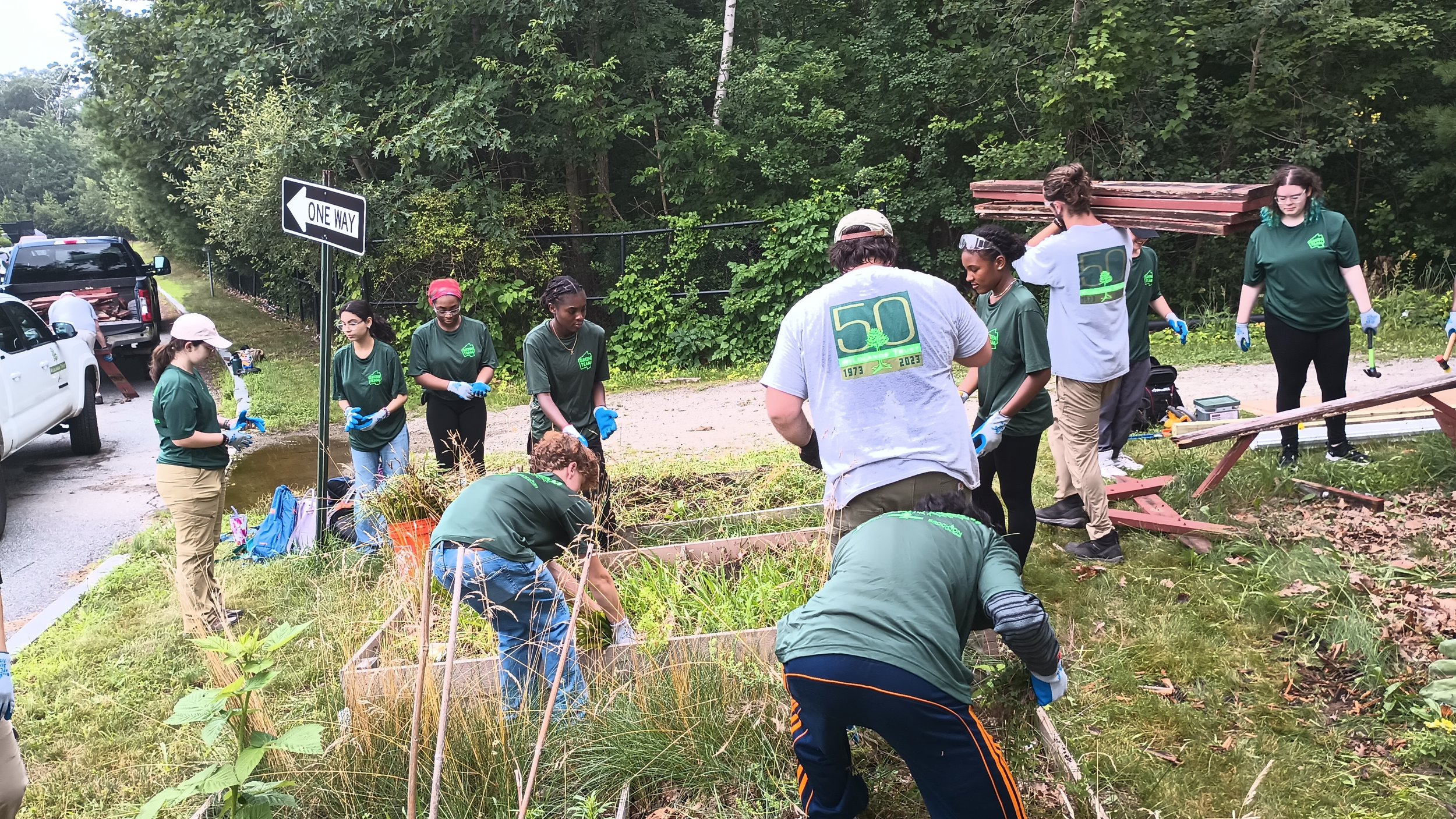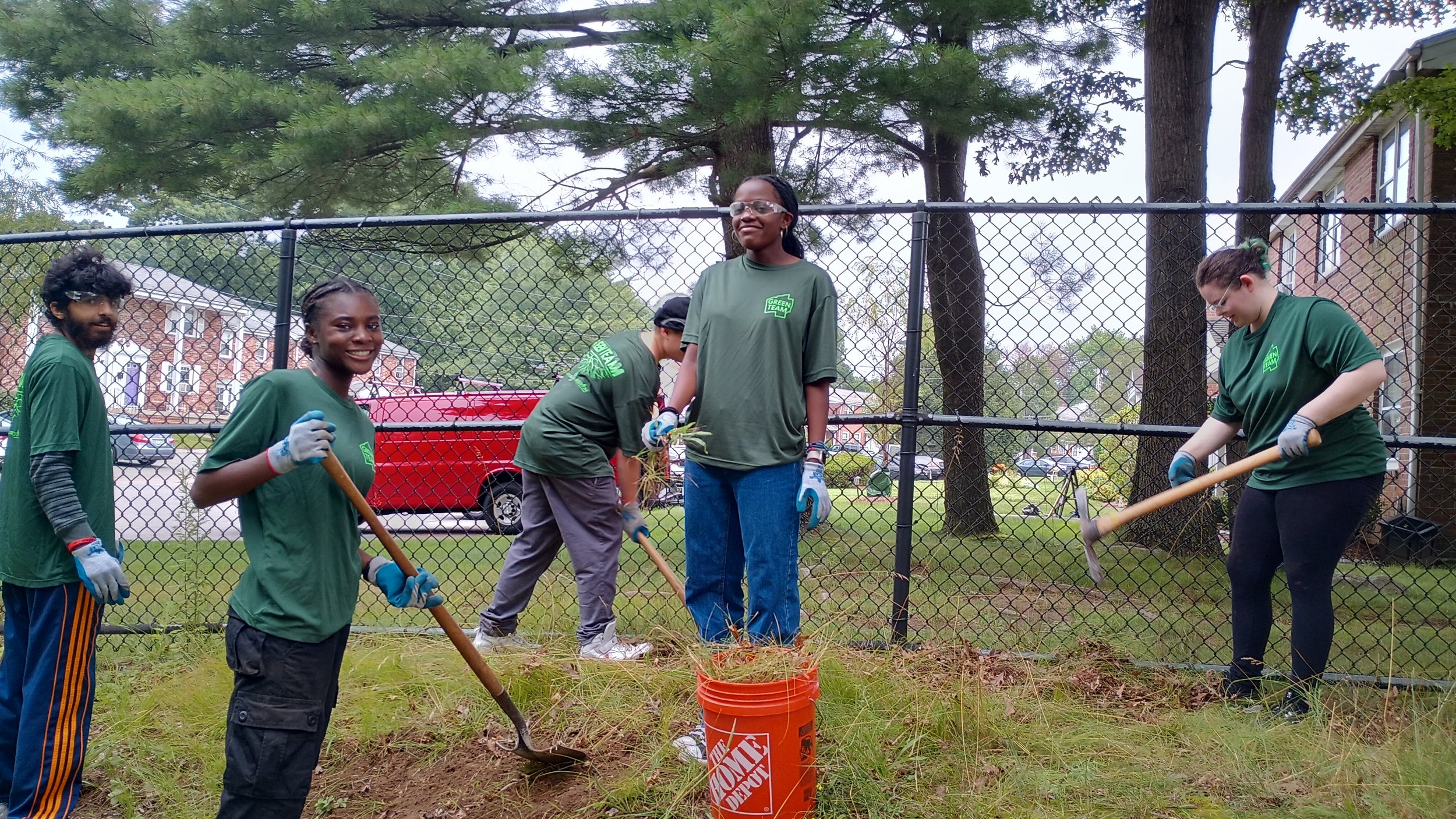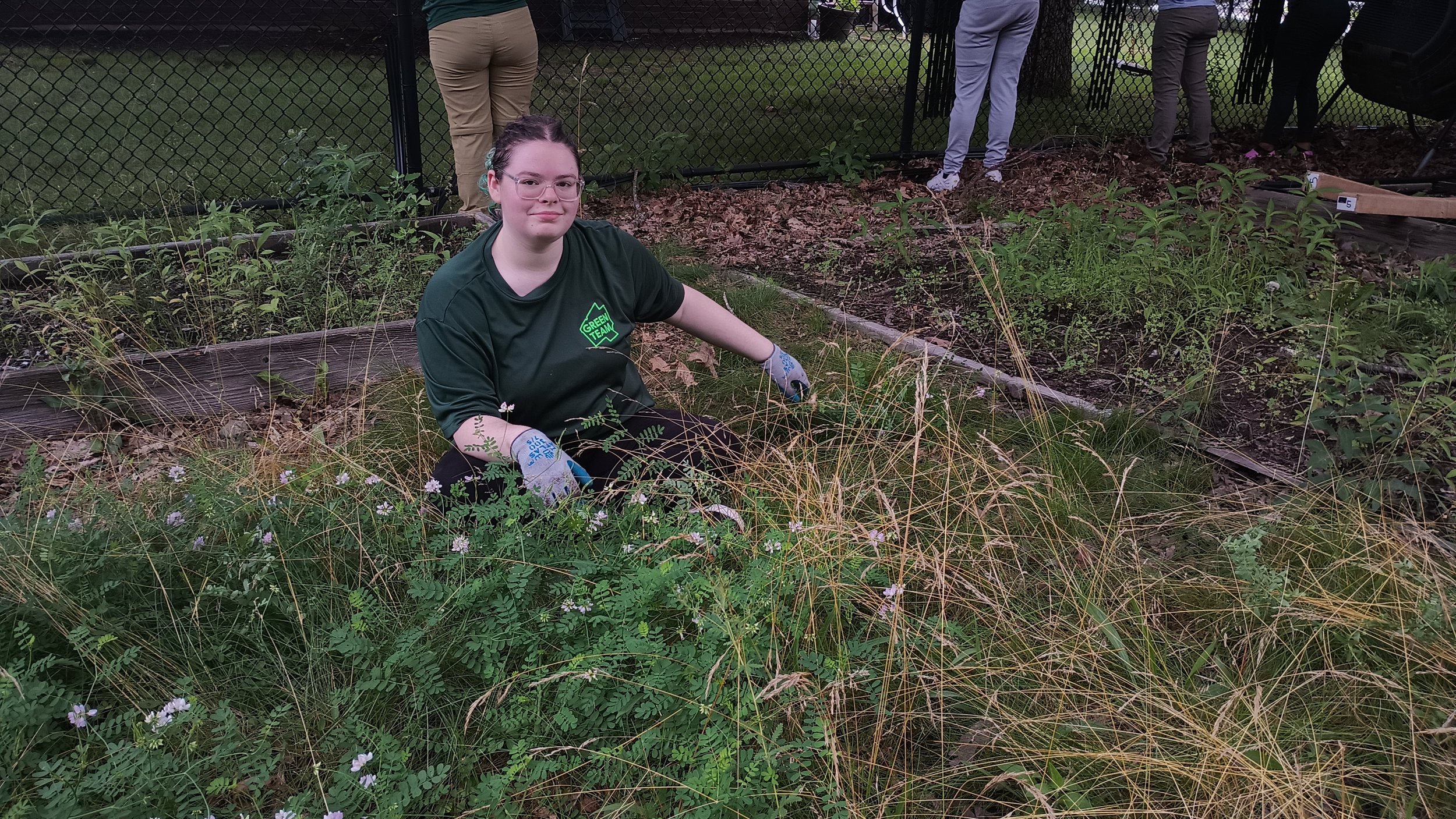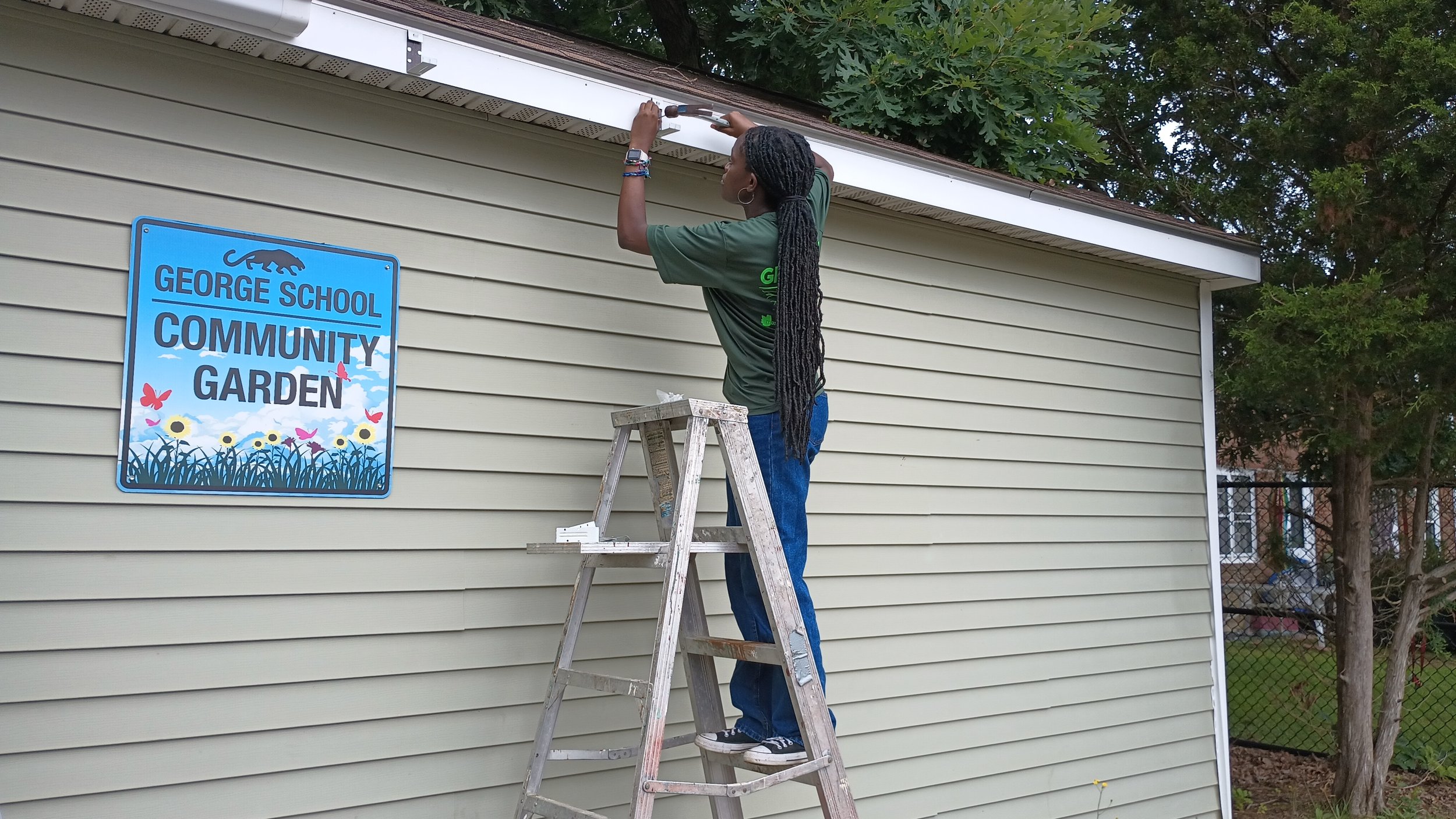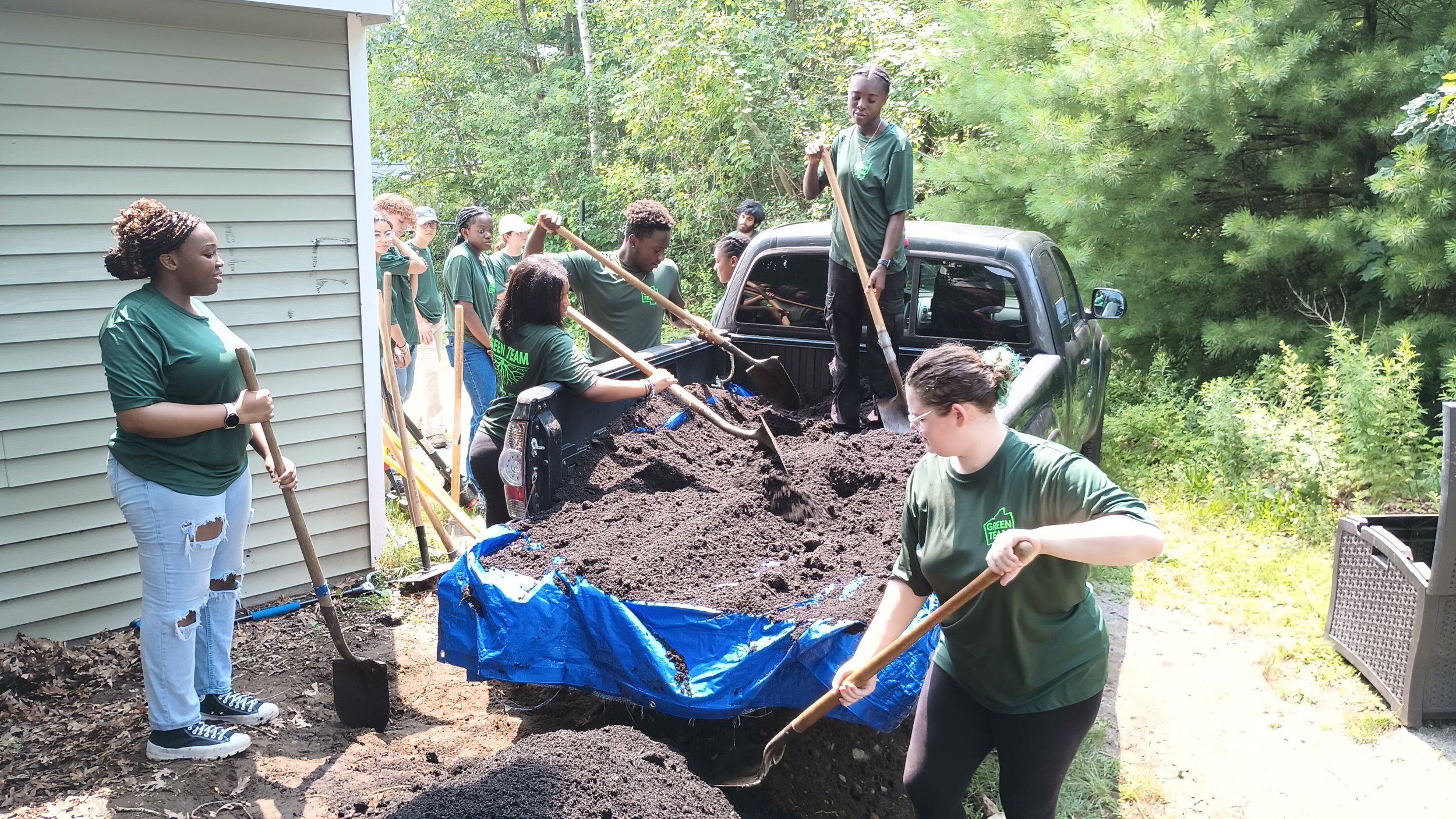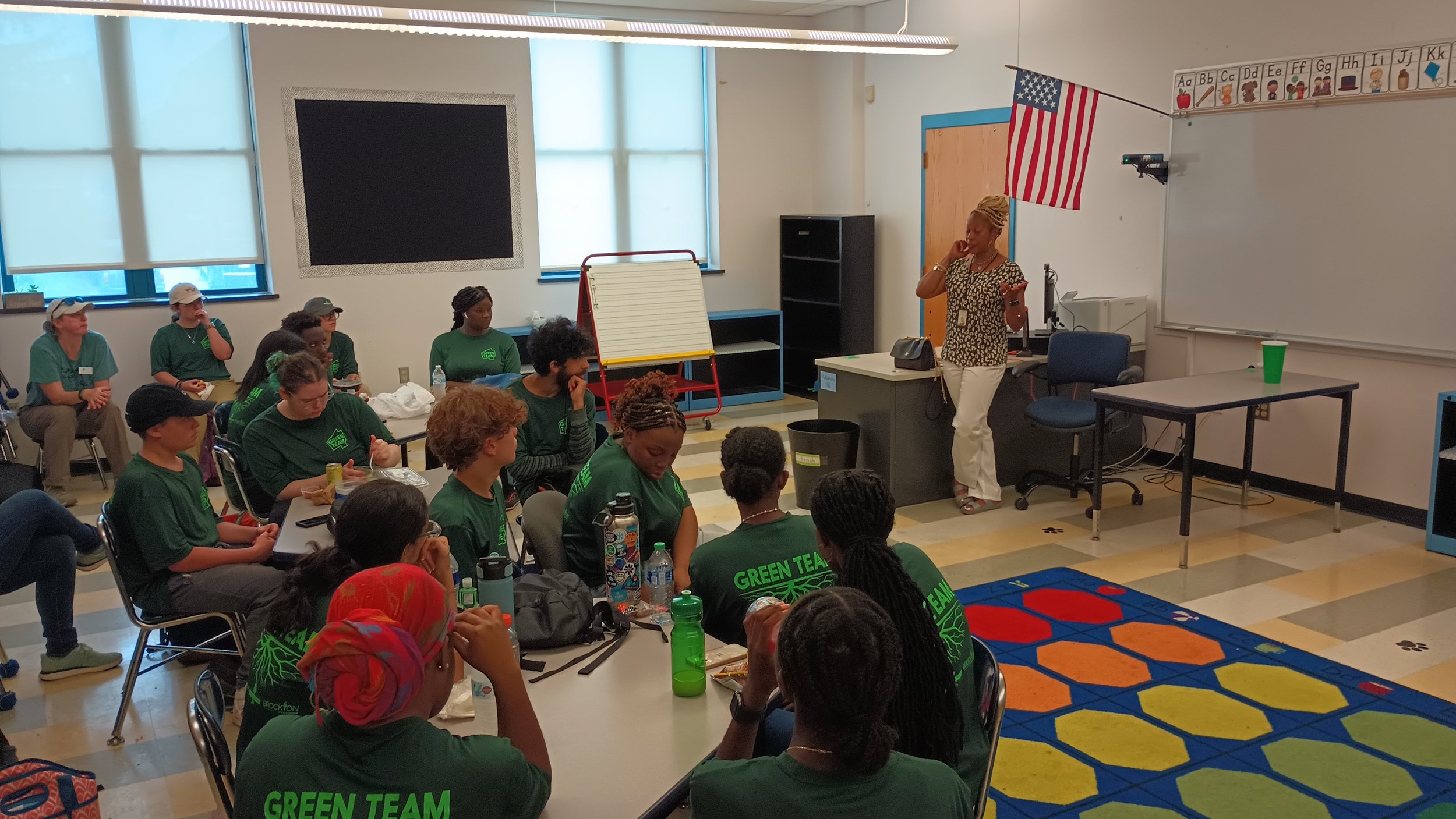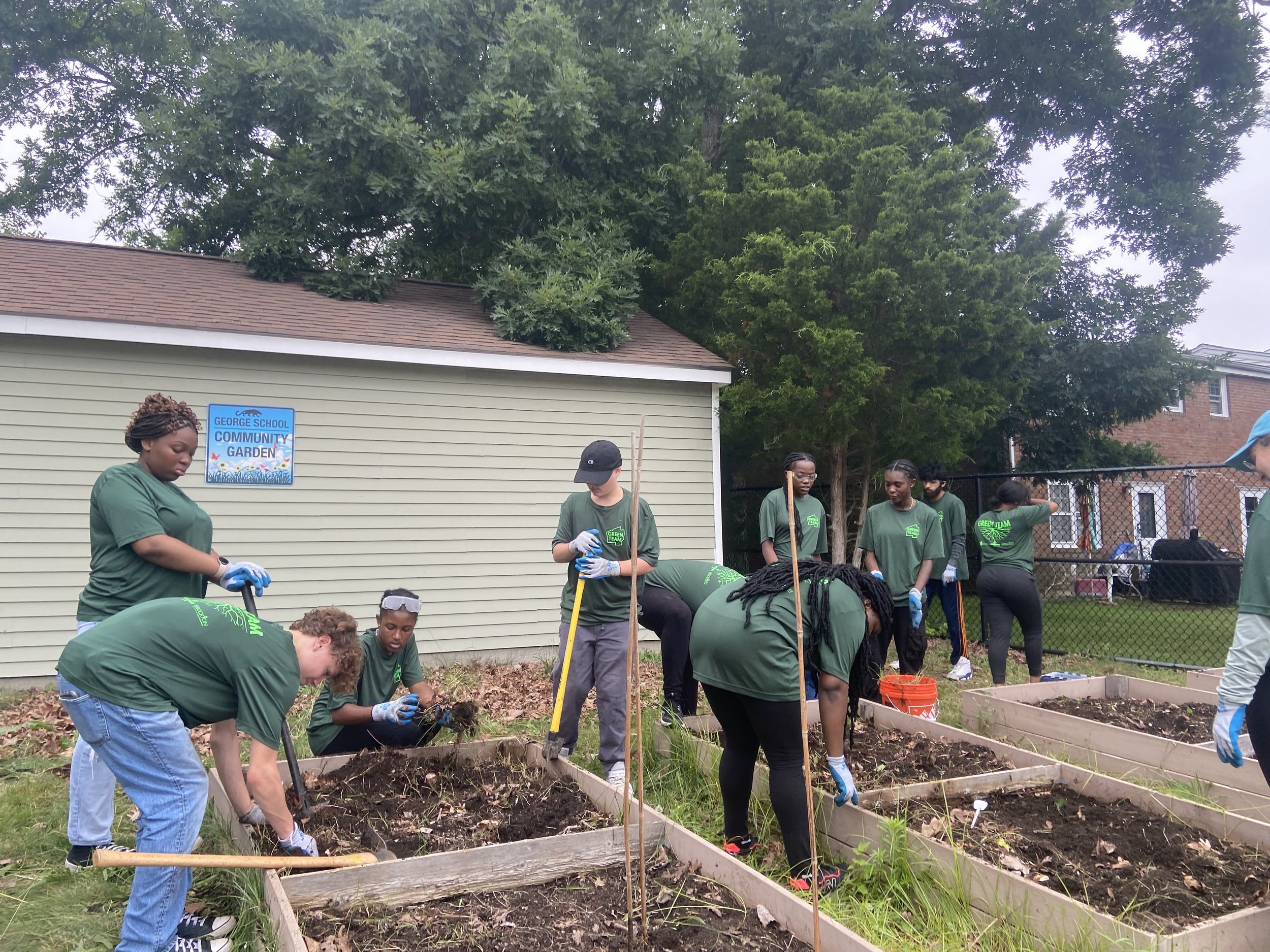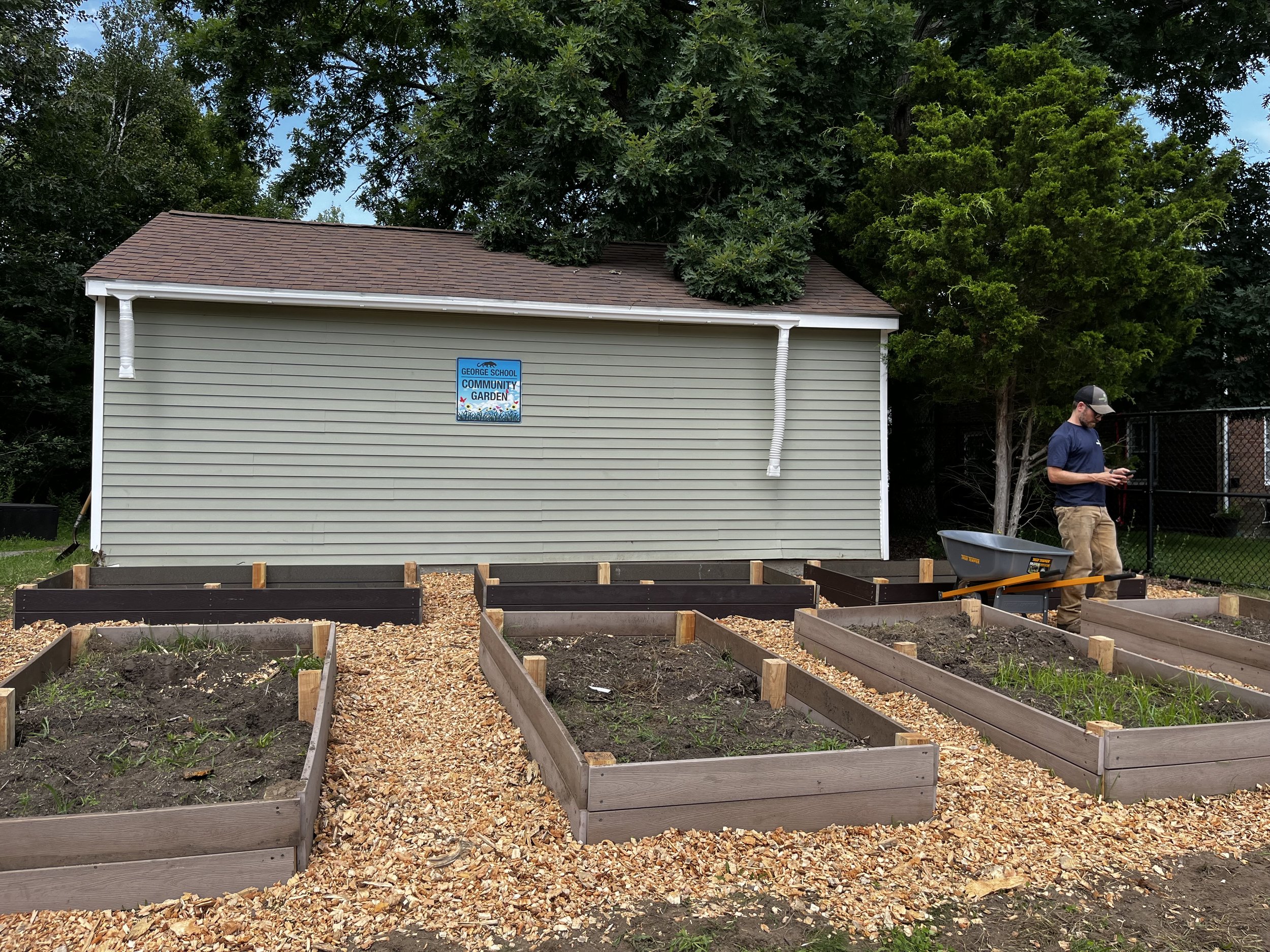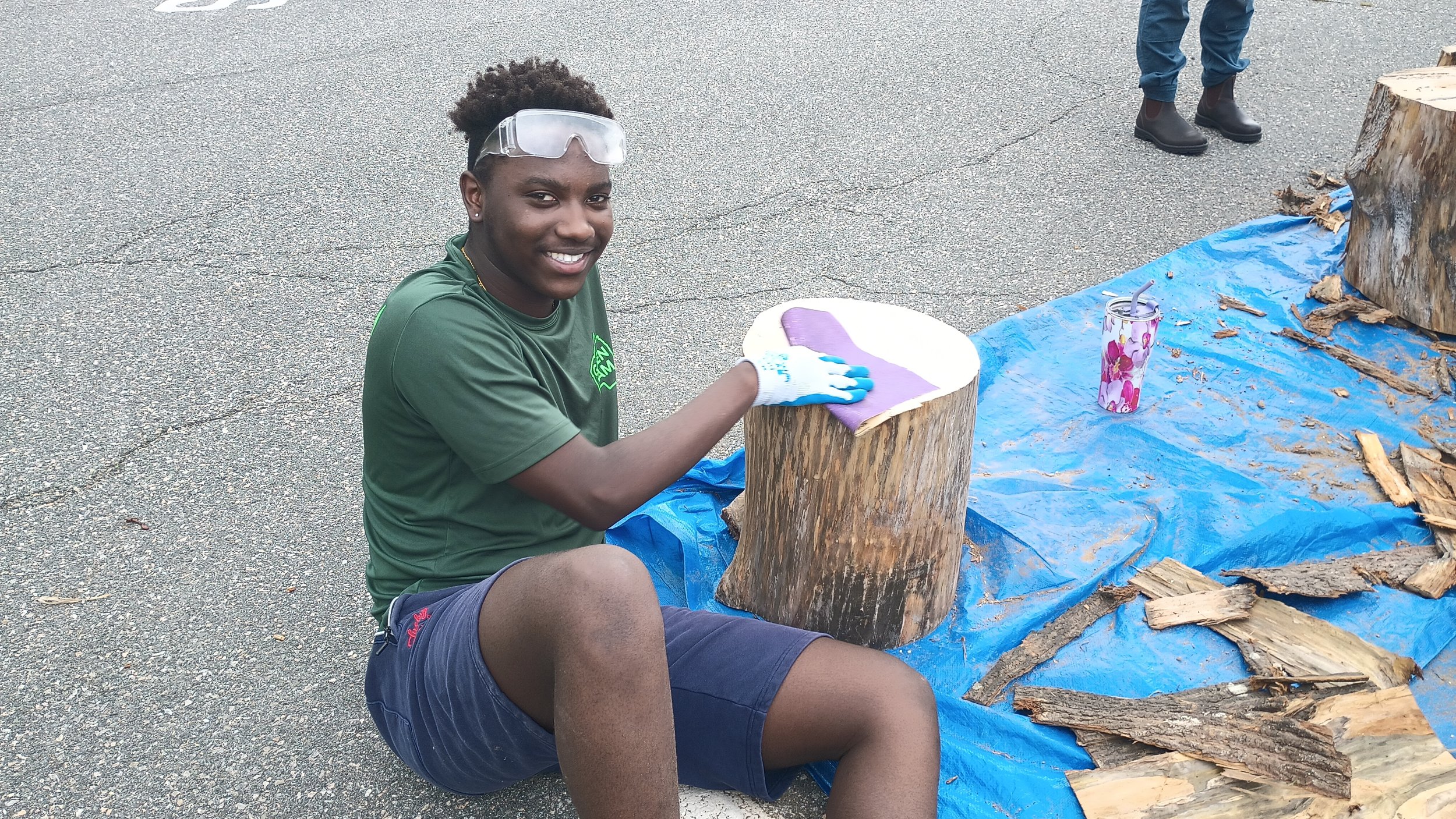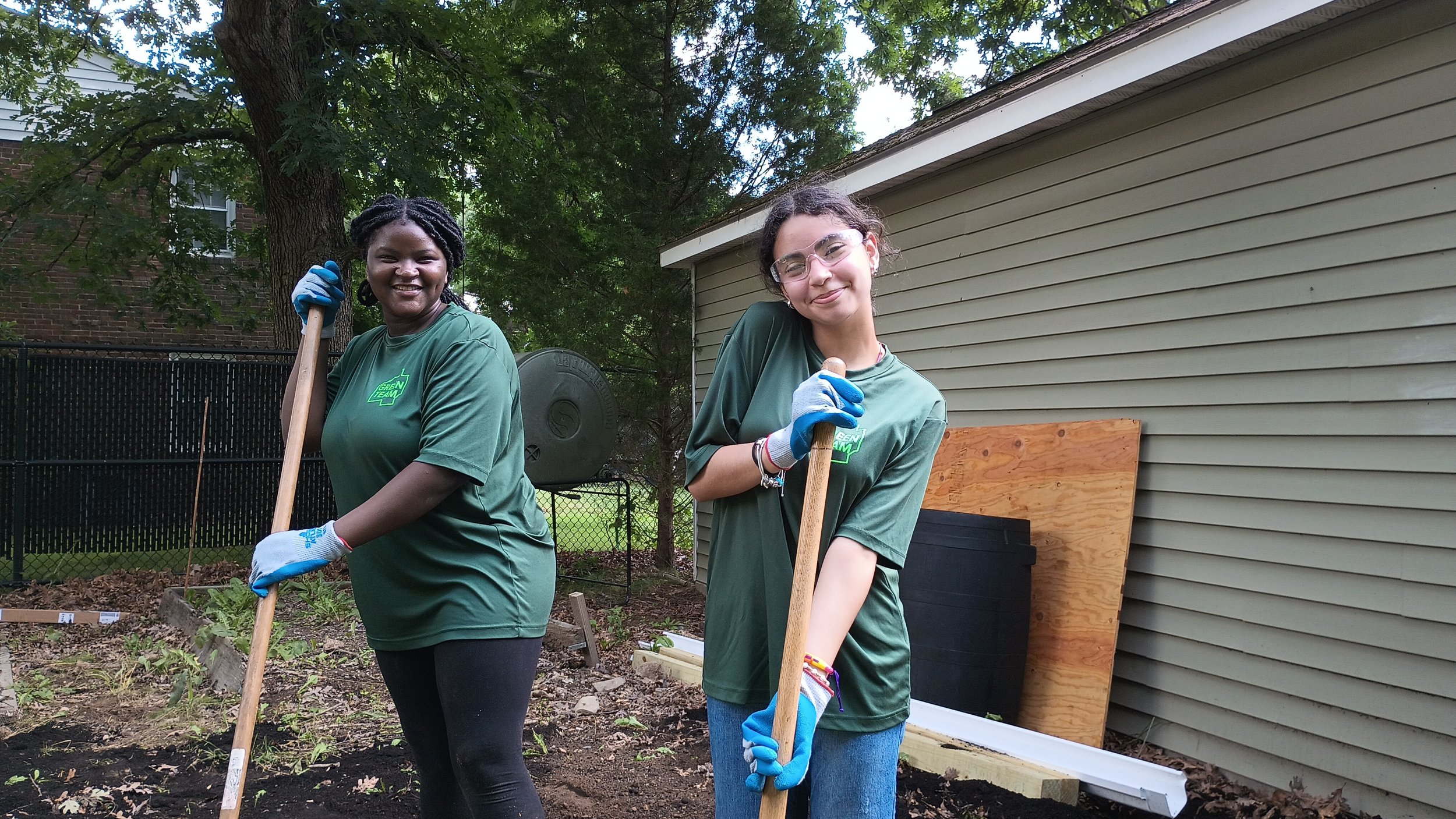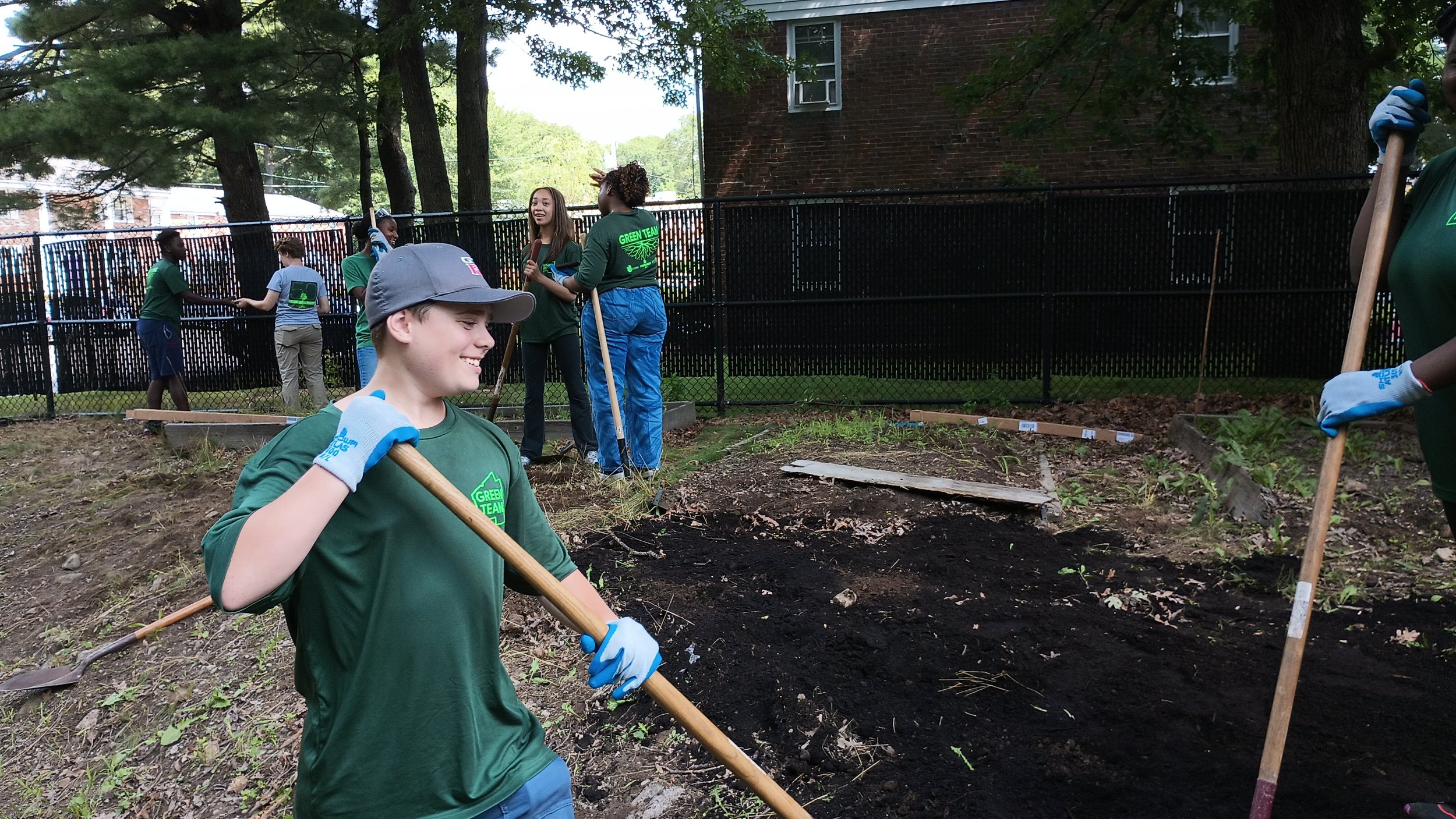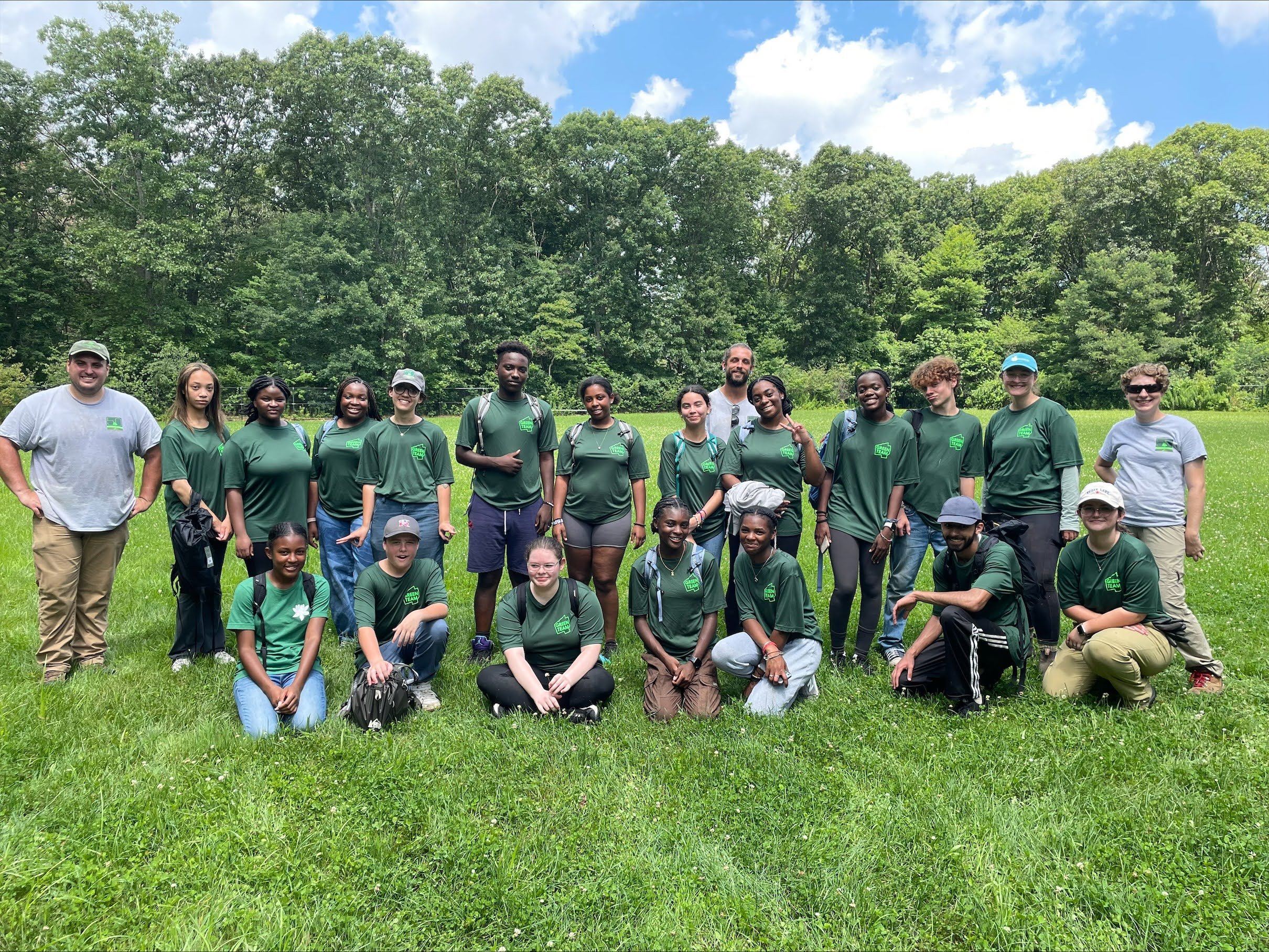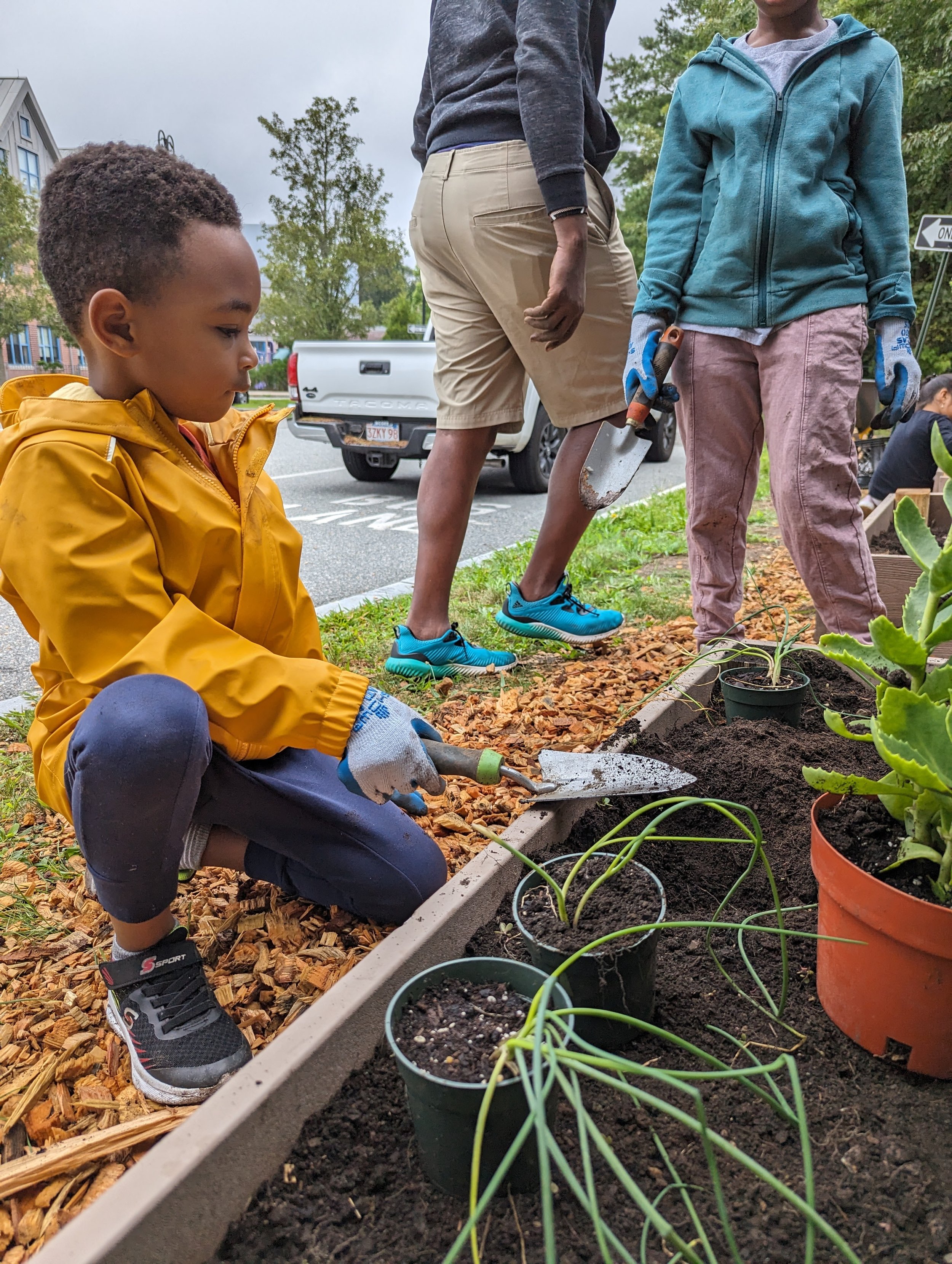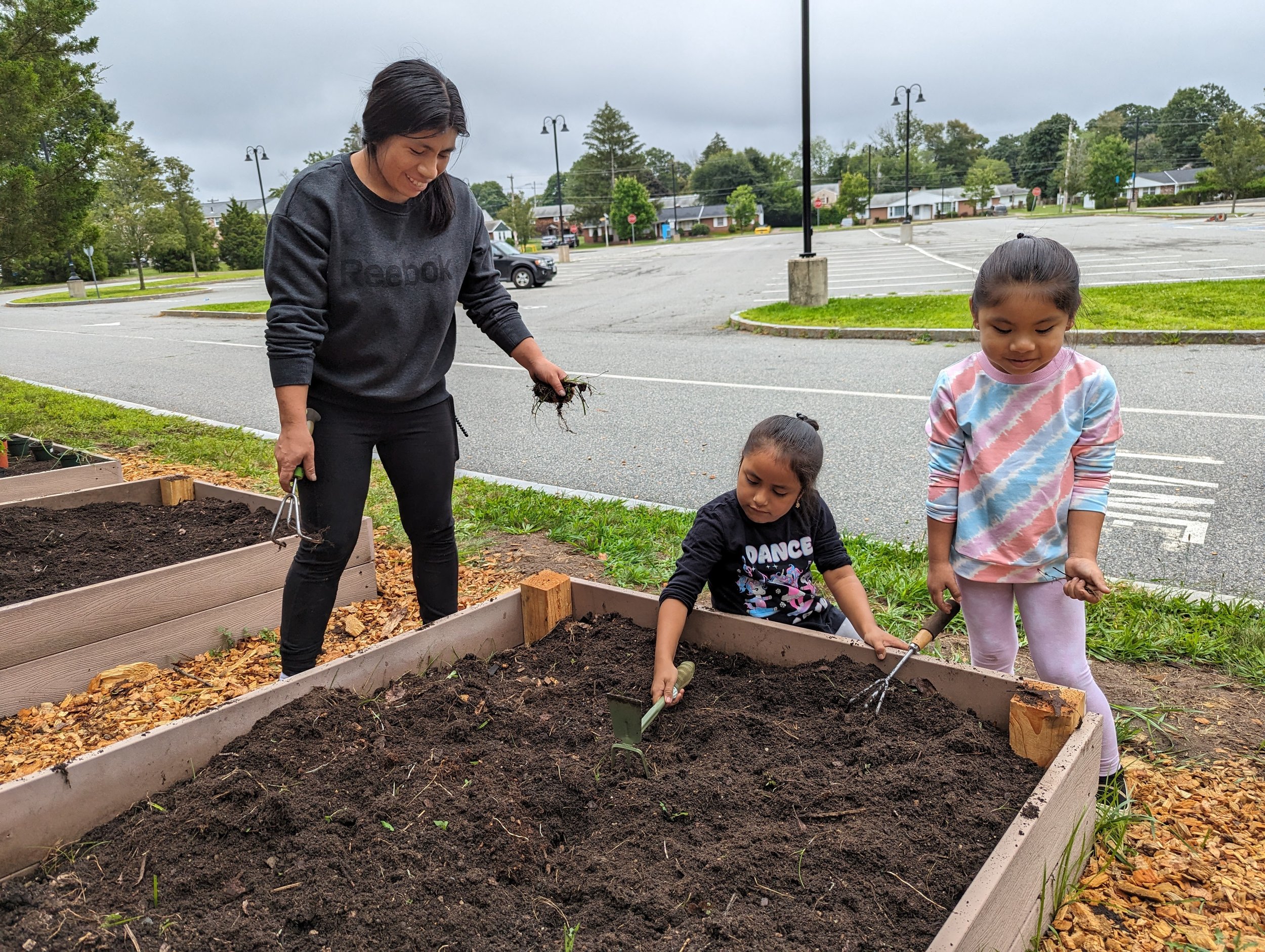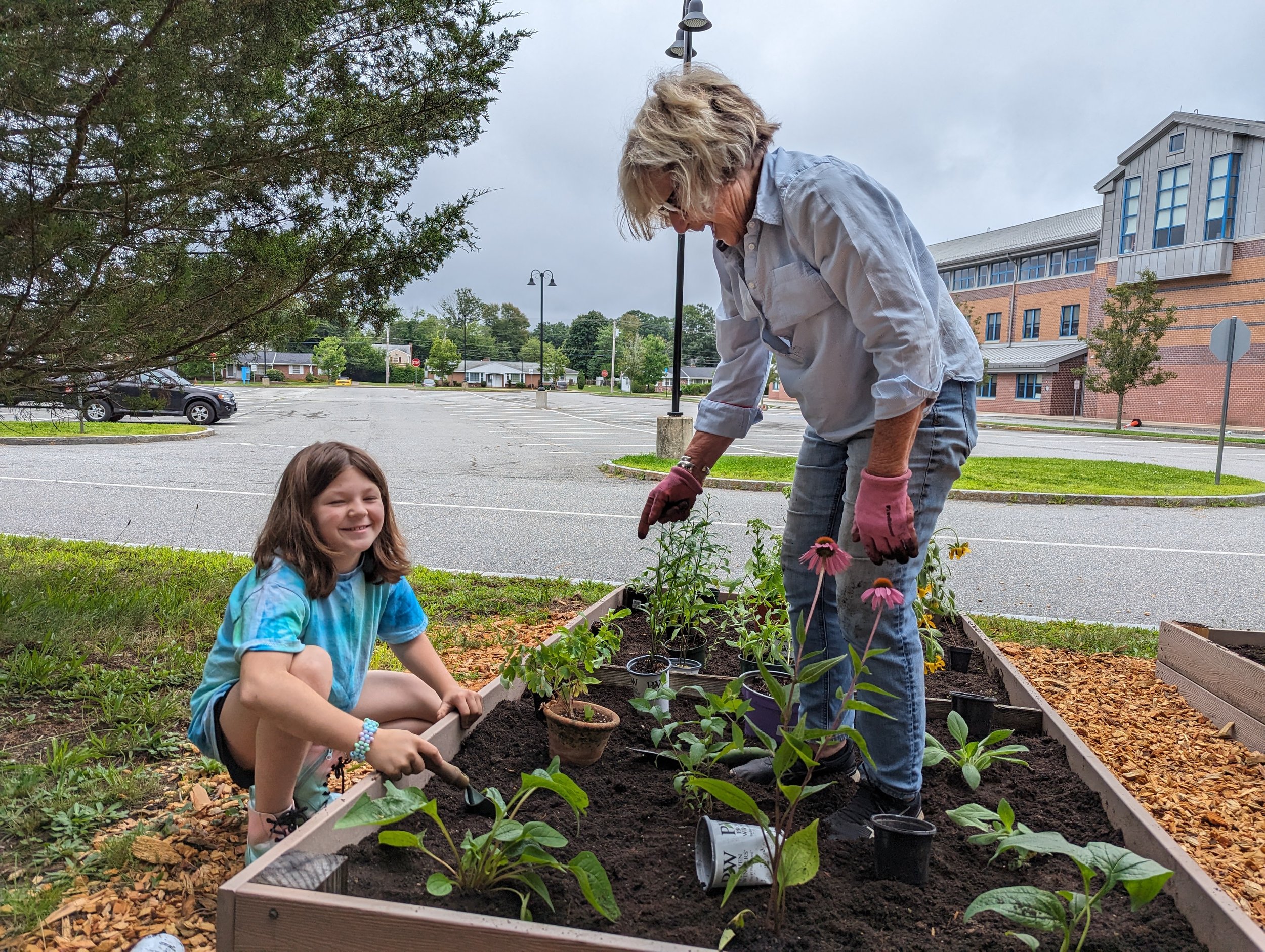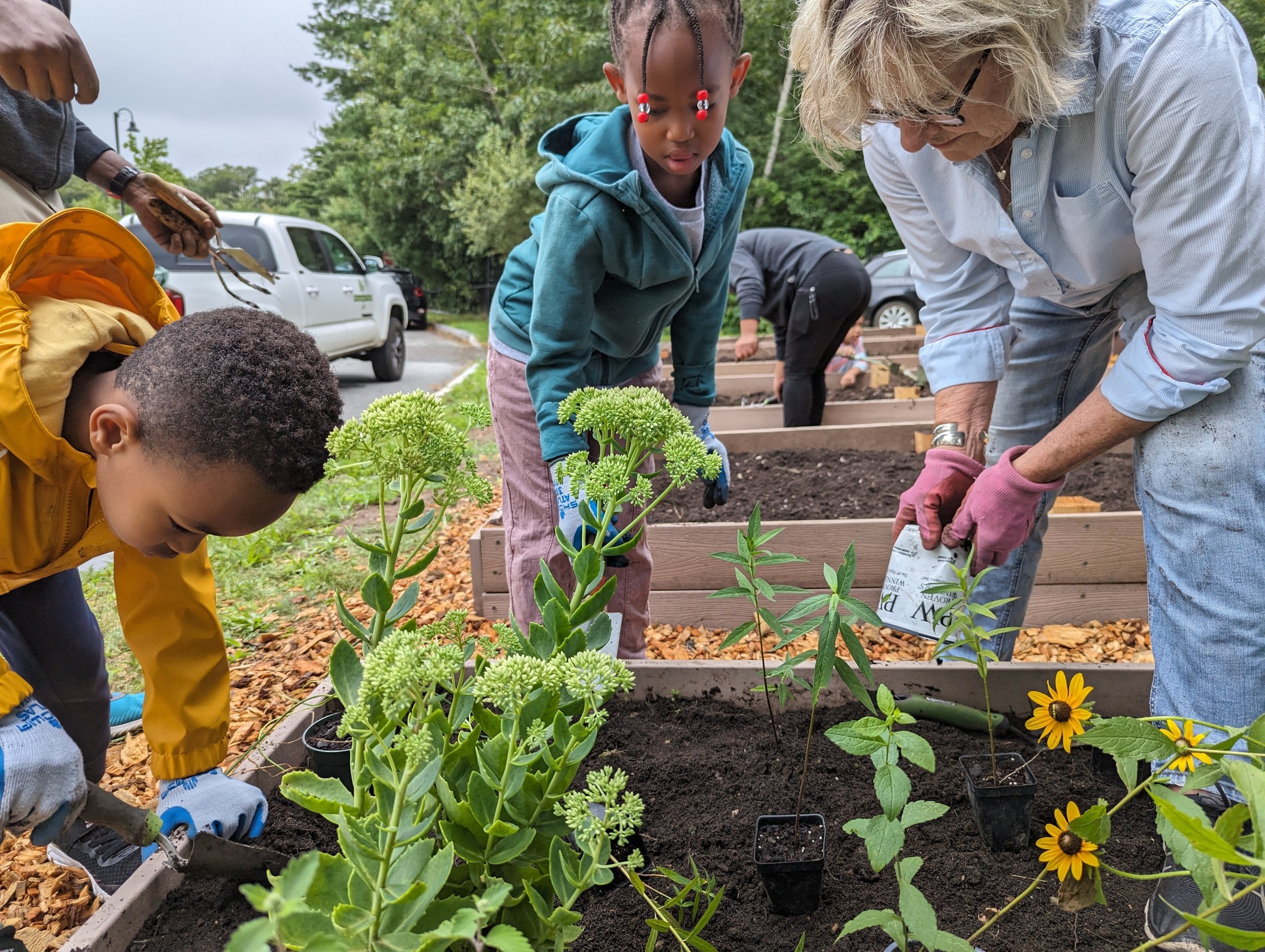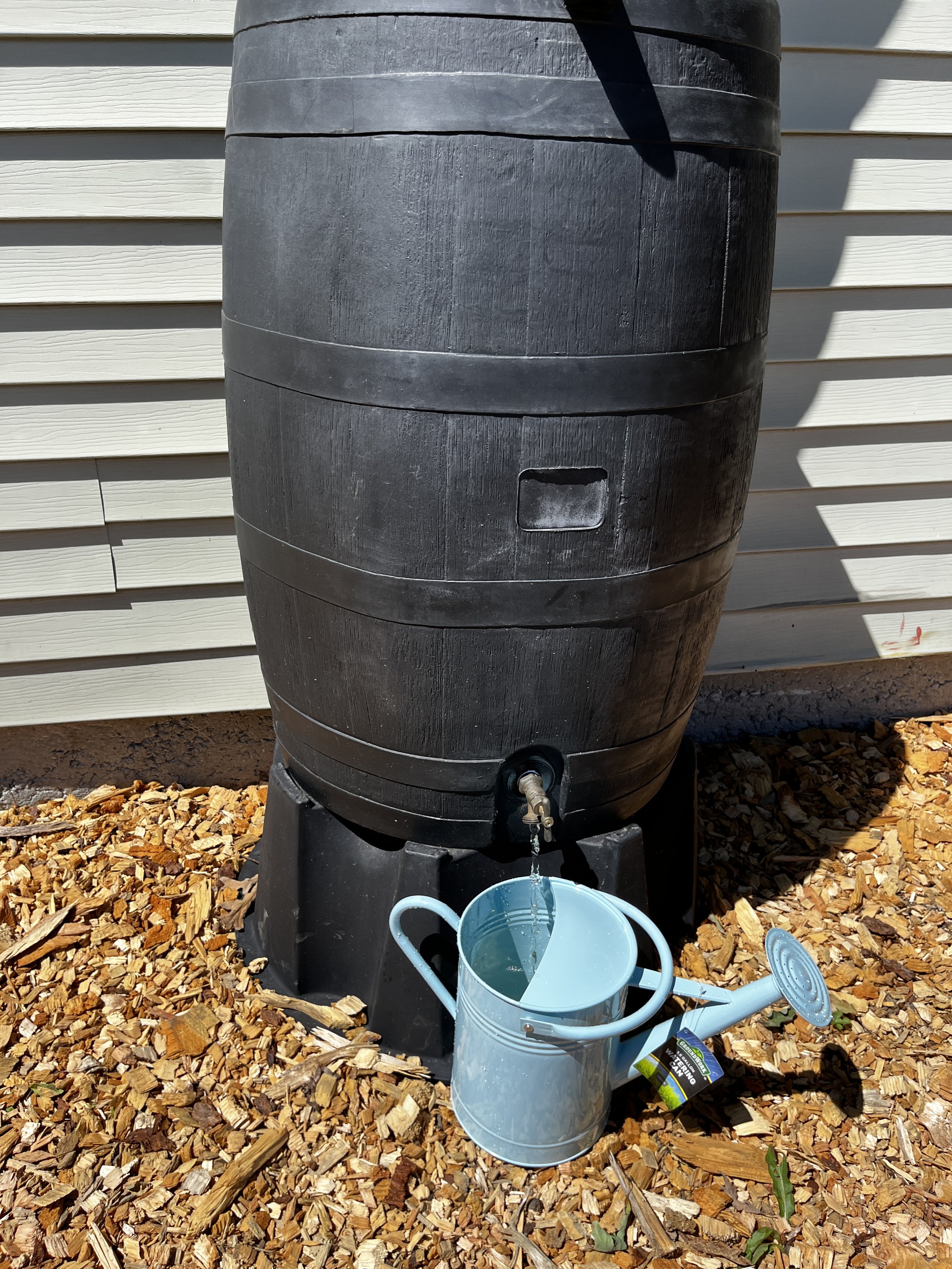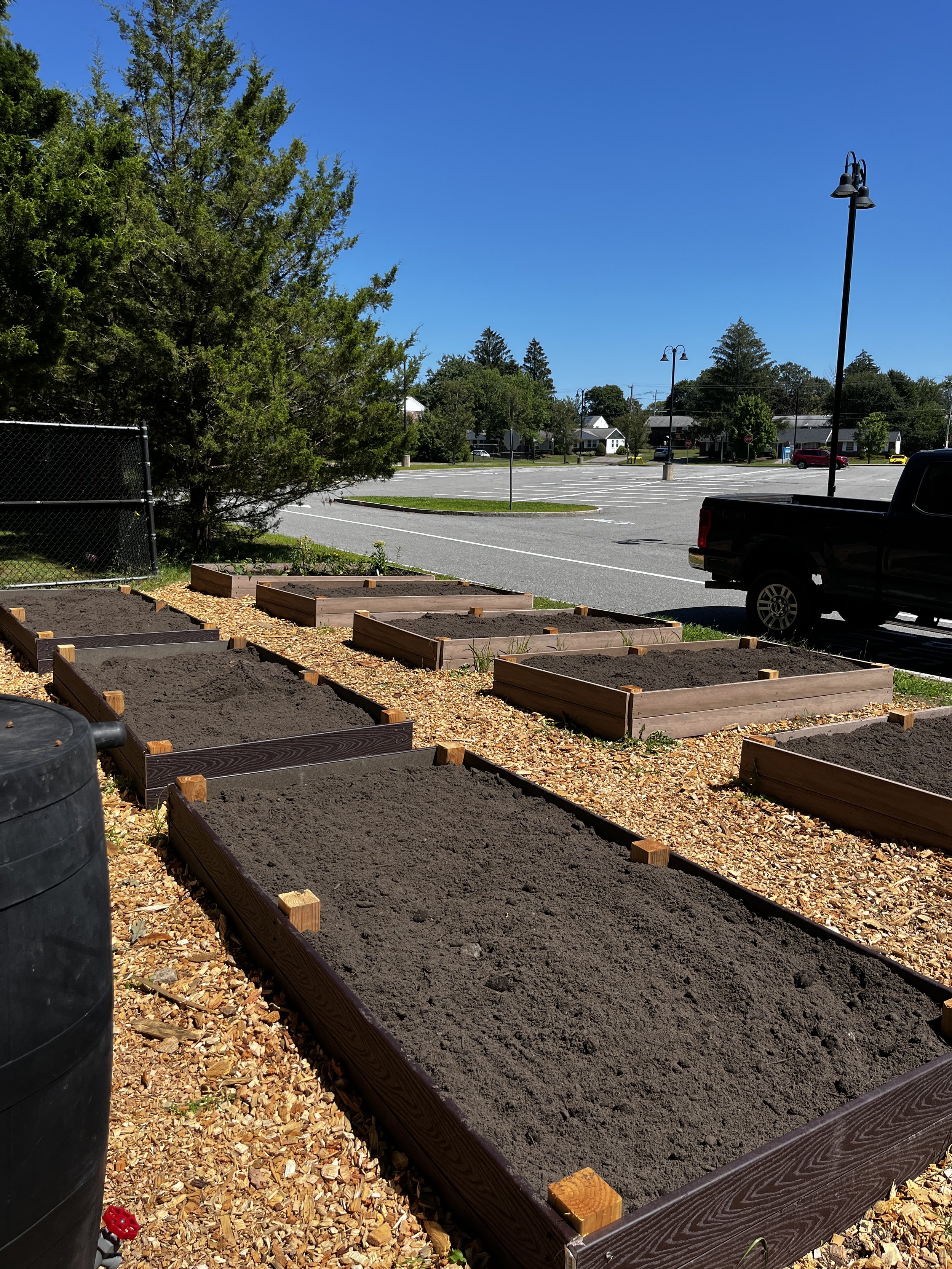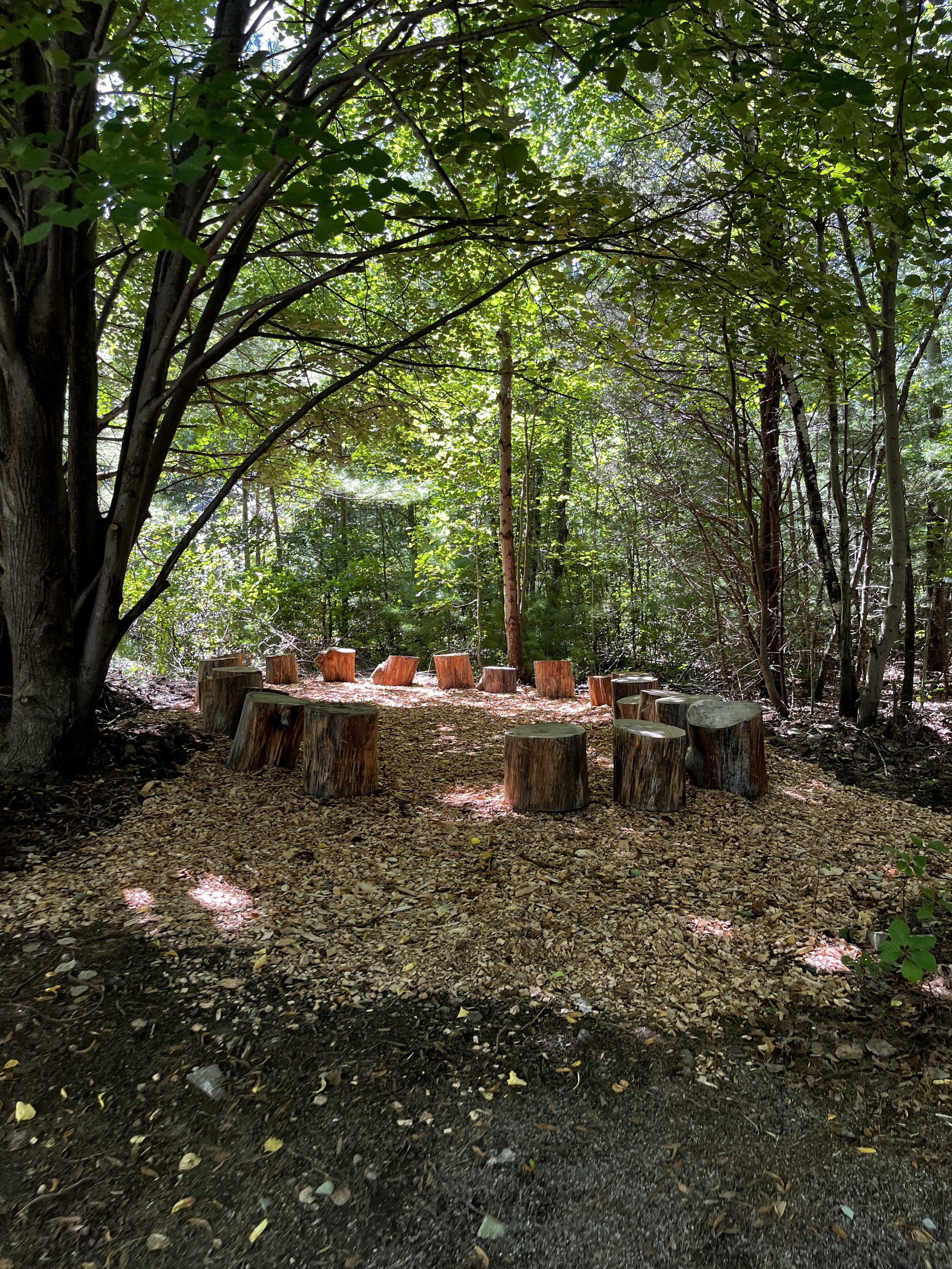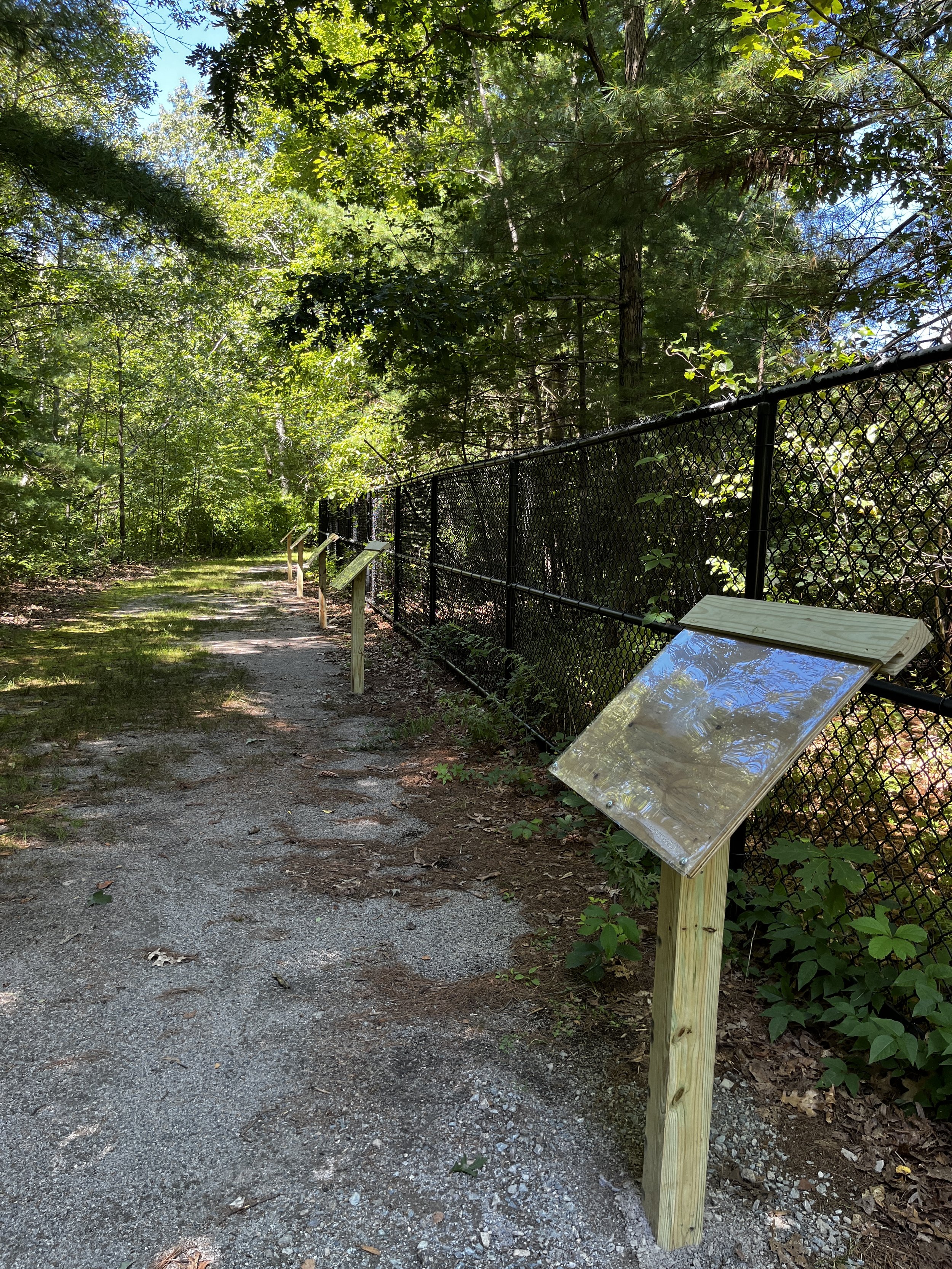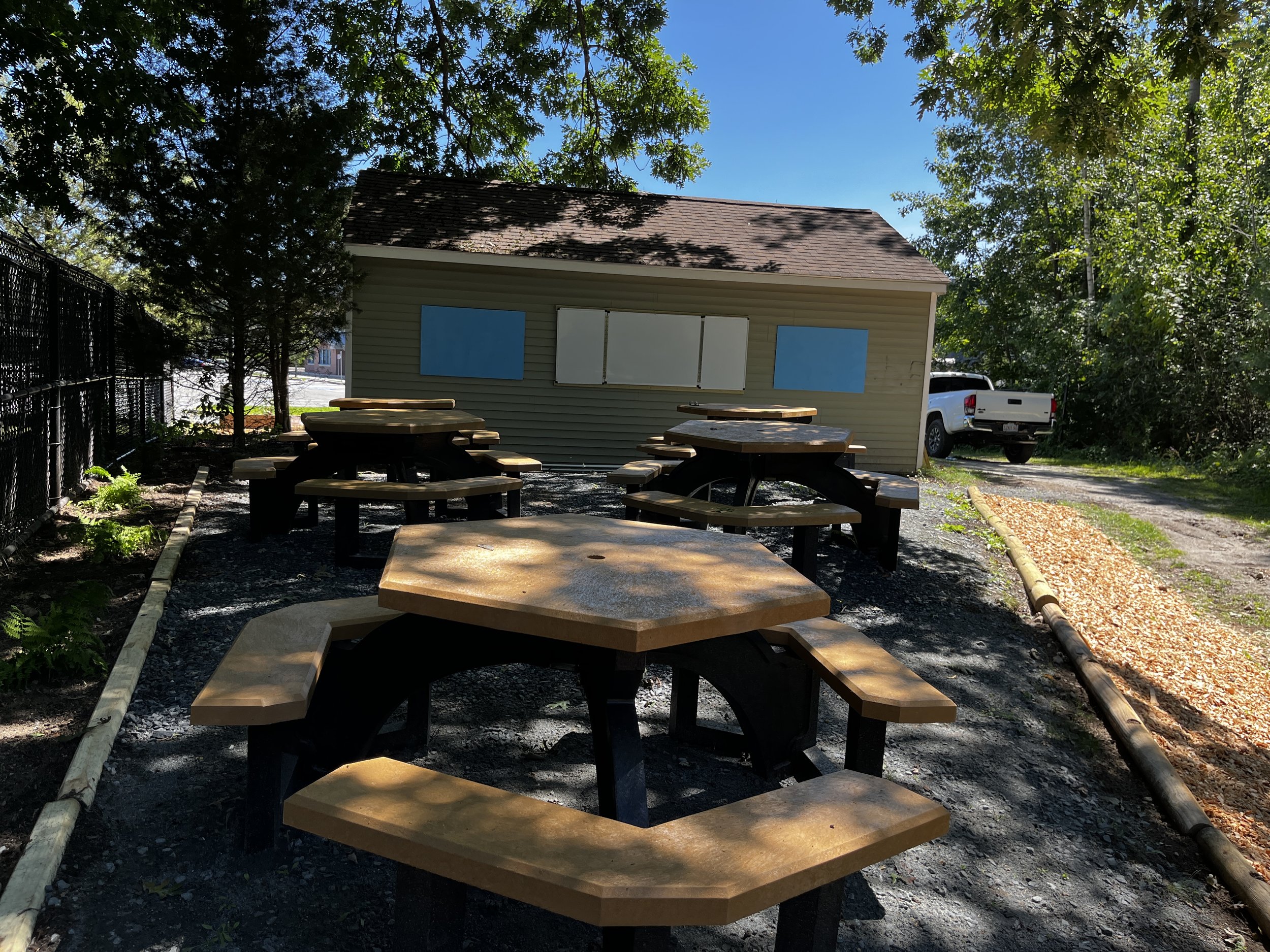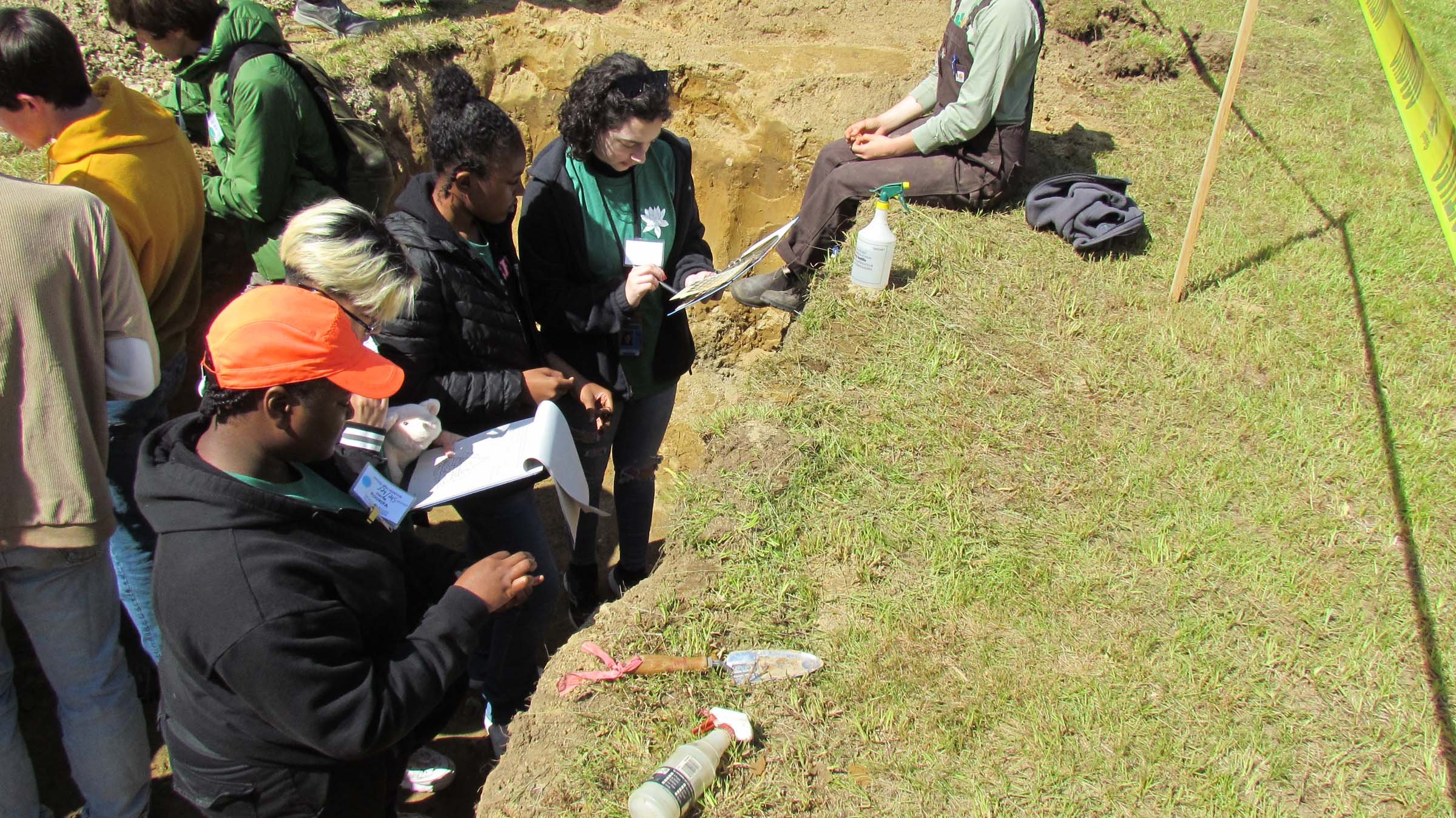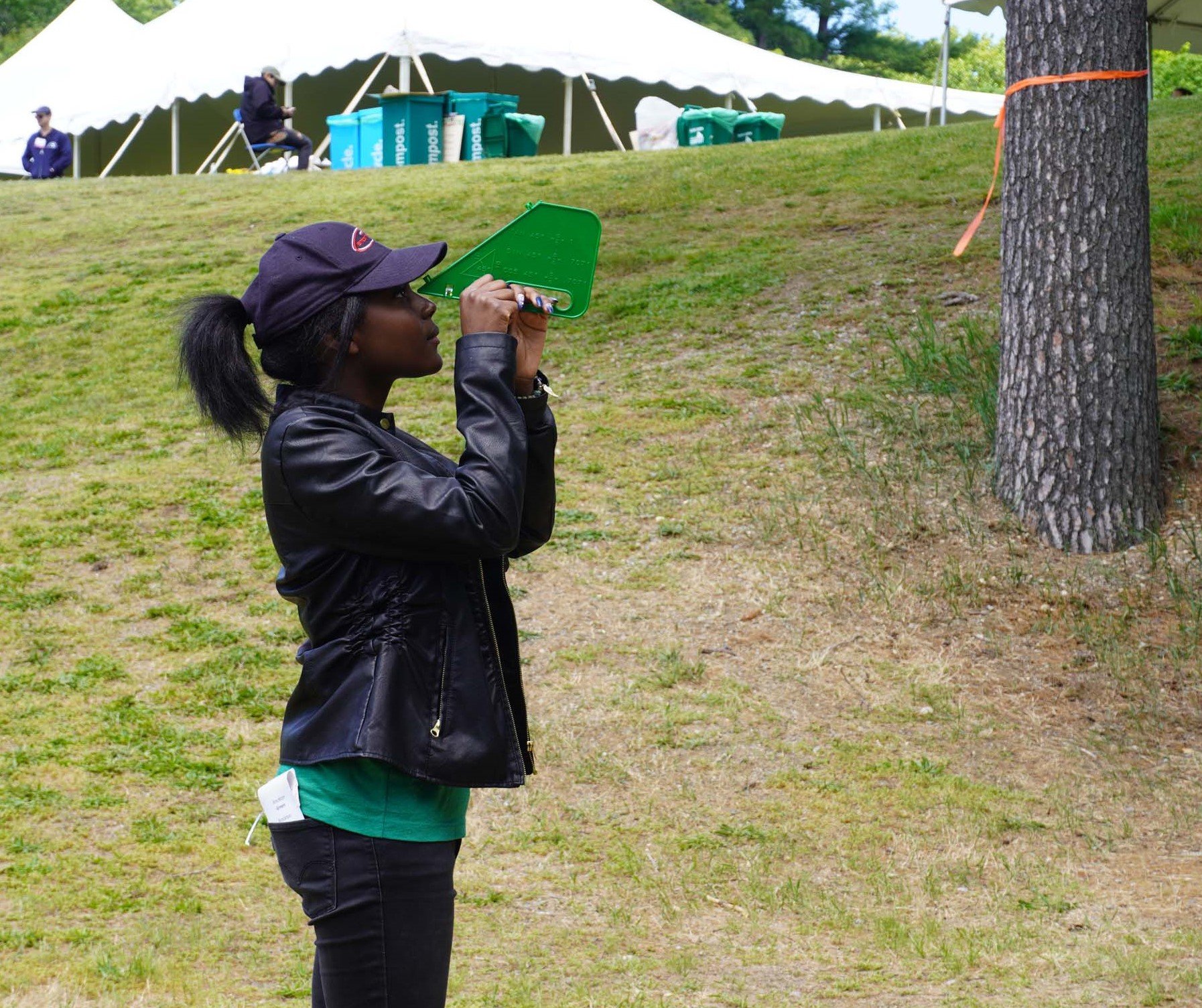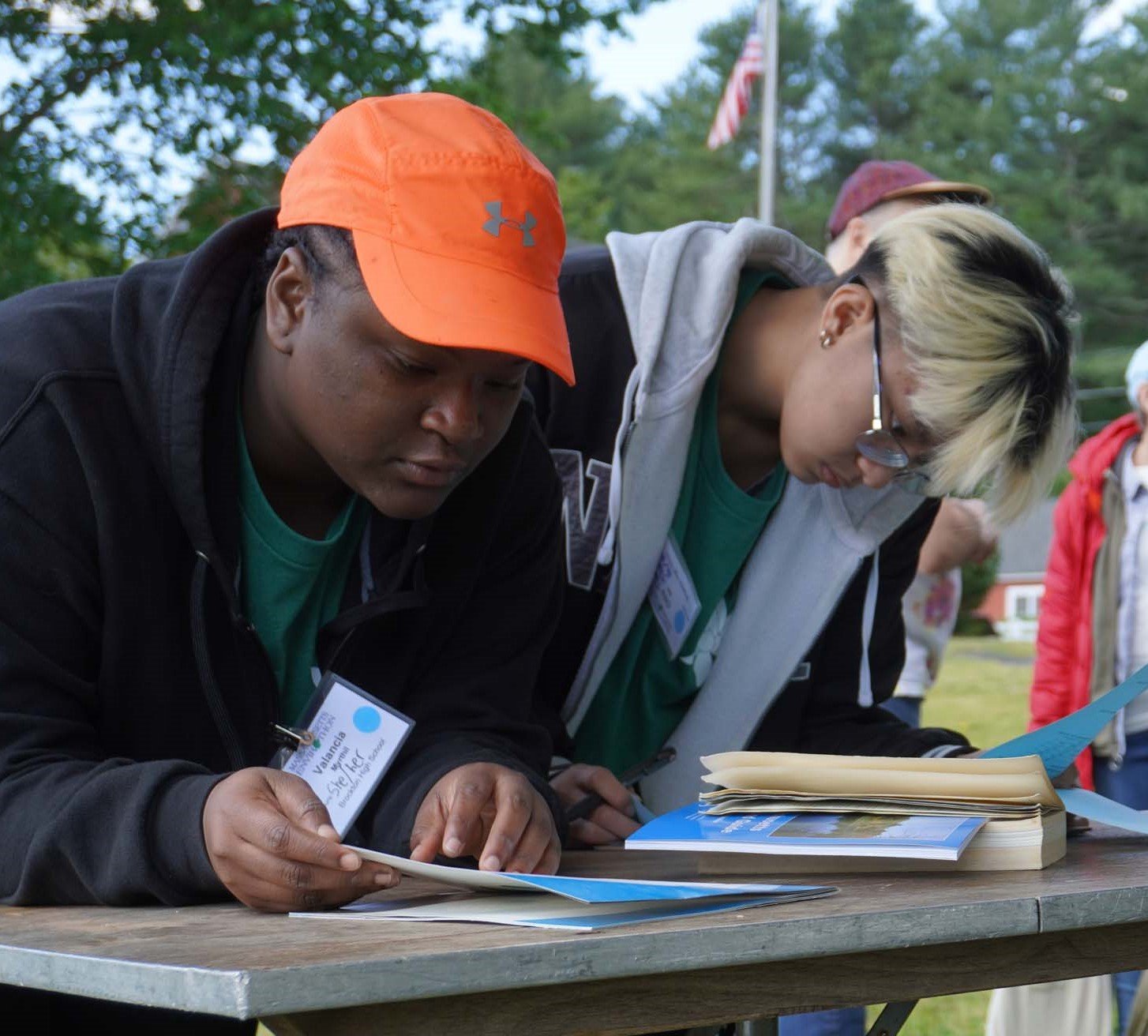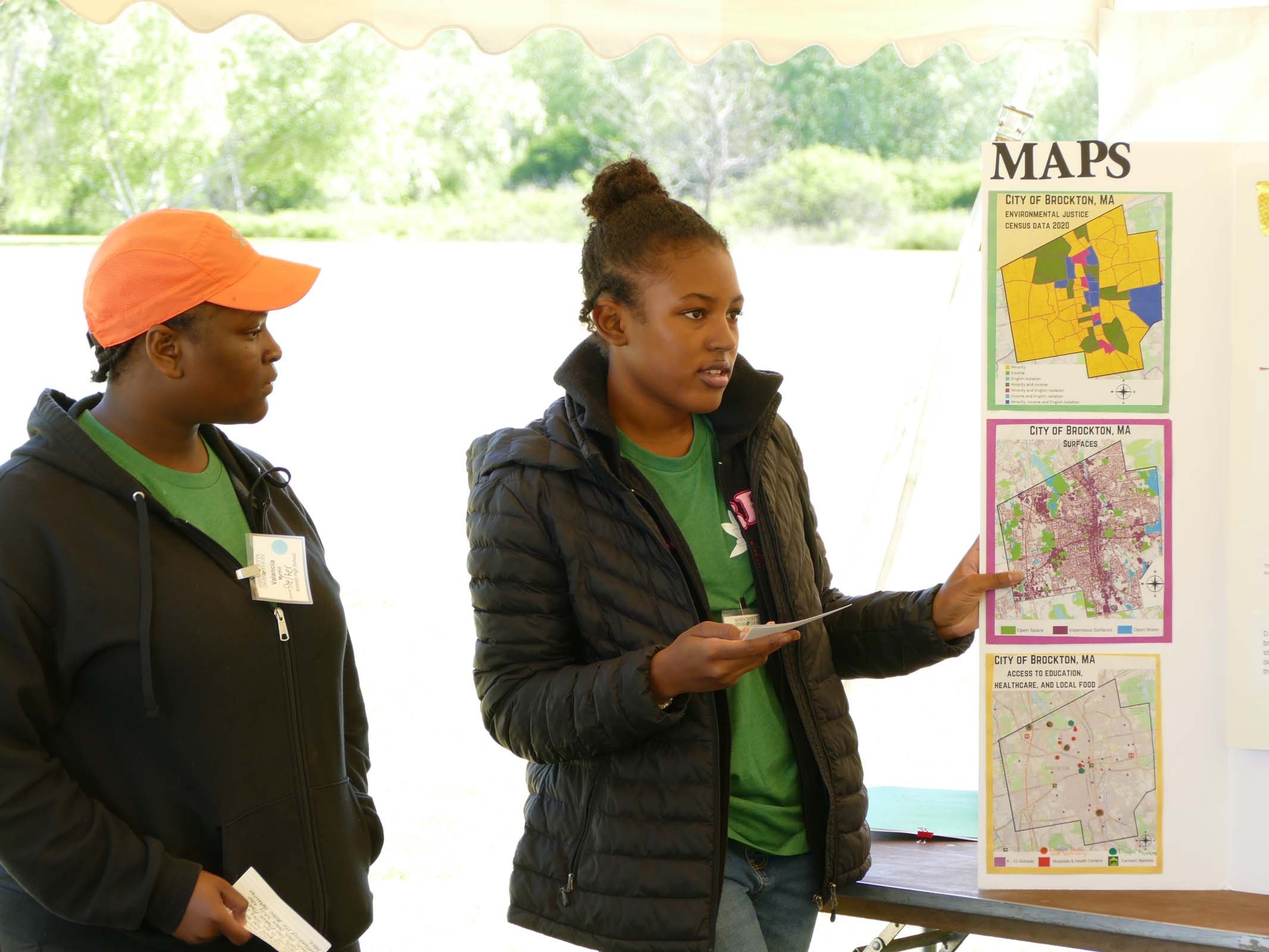Lorrie Hall and Pat Loring.
On September 28, the Town of Duxbury honored Pat Loring and Lorrie Hall for their exceptional contributions to local and regional conservation.
About 30 municipal and nonprofit partners gathered at the Duxbury Senior Center to express their gratitude for Pat and Lorrie’s decades-long commitment to open space preservation. In Pat and Lorrie’s honor, commemorative benches will be installed at Historic O’Neil Farm.
Wildlands Trust has benefited greatly from the devotion of these two conservation champions. Pat, a Wildlands board member, has led Duxbury’s open space efforts for 30 years through roles with various local committees. Lorrie’s foresight and generosity facilitated the permanent protection of Hoyt-Hall Preserve in Marshfield, Historic O’Neil Farm in Duxbury, and other irreplaceable natural areas.
Never one to take credit for her many successes, Pat expressed gratitude for her conservation partners. “It takes all of us, and I’m so happy to be part of all of your teams,” she said. “It’s very nice to be honored, but we do it together, and it’s a fabulous town to be doing it in. So thank you.”
At the ceremony, Director of Field Operations Erik Boyer relayed comments from President Karen Grey and Director of Land Protection Scott MacFaden about Pat and Lorrie’s collective impact on the Wildlands mission. Read on to see what Karen and Scott had to say.
Karen Grey on Pat Loring
Wildlands Trust serves 55 towns in a vast 1,700-square-mile area of Southeastern Massachusetts that nearly one-third of the state’s residents call home. We advance our mission by working hand-in-glove with local conservation leaders who understand the open space objectives of their towns, grasp the political landscape, and are familiar with important landowners, who are often their friends and neighbors.
Pat Loring epitomizes the local leadership we rely upon to do our work. She is a true hero of land conservation in our region.
The conservation ethic in the town of Duxbury runs deep. As one of the first towns in Massachusetts to designate conservation land, Duxbury is stunning, with healthy forests, unspoiled barrier beaches, and bountiful salt marshes. Its natural beauty is the result of visionary leadership that worked to protect all that makes the town special. Over the past 30 years, Pat Loring has led that charge. She is responsible for the protection of cranberry bogs, forests, religious lands, coastal properties, and the town’s historic dairy farm. Her land preservation instincts and skills are second to none.
Click here to hear from Pat Loring herself as part of our “50 Years, 50 people” video series.
Pat Loring and Erik Boyer.
Scott MacFaden on Lorrie Hall
As a nonprofit organization, Wildlands Trust’s success in pursuing our land conservation mission is heavily dependent upon the generosity of those who financially support our work. Duxbury resident Lorrie Hall is one of those donors who have made an indelible contribution to our work and to her community of Duxbury.
Lorrie’s philanthropy is a continuation of a cherished family tradition. Among other interests, her parents were ardent supporters of the Duxbury Bay Maritime School, a Duxbury institution that thrives to this day. Lorrie learned early on that all philanthropy is valuable, but local philanthropy can often witness the most tangible results.
Lorrie’s profound commitment to the betterment of her community through open space preservation is manifested across the Duxbury landscape. Most particularly, Lorrie was an early and enthusiastic supporter of the Historic O’Neil Farm preservation project, which culminated in the permanent preservation of Duxbury’s last dairy farm, and one of the town’s most significant open space assemblages. Lorrie’s substantial commitment provided the nascent project with a vital fundraising base, and just as importantly, credibility. Without Lorrie’s initial leadership, it is very unlikely that O’Neil Farm would today benefit from permanent conservation protection.
In a time when Americans seem more rootless than ever and nurturing community connections is yet more challenging, Lorrie stands out for her unwavering belief in and support for her community of Duxbury. She has provided a bright shining example for others to emulate in the years ahead.
Erik Boyer addresses ceremony attendees.
Thank you, Pat and Lorrie, for your selfless dedication to land conservation in Duxbury and beyond! We are grateful to have you on our team, and excited to continue working with you both!








